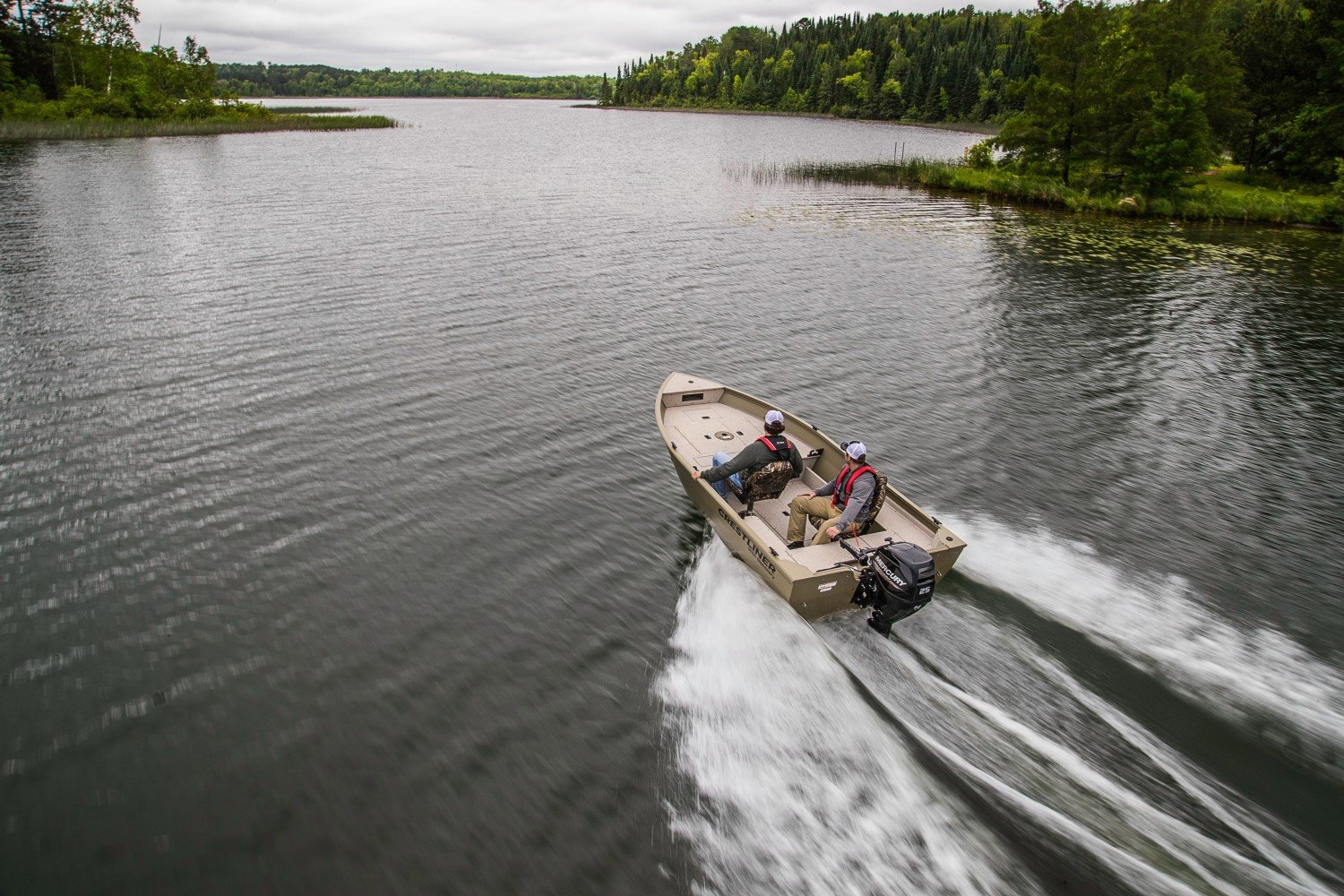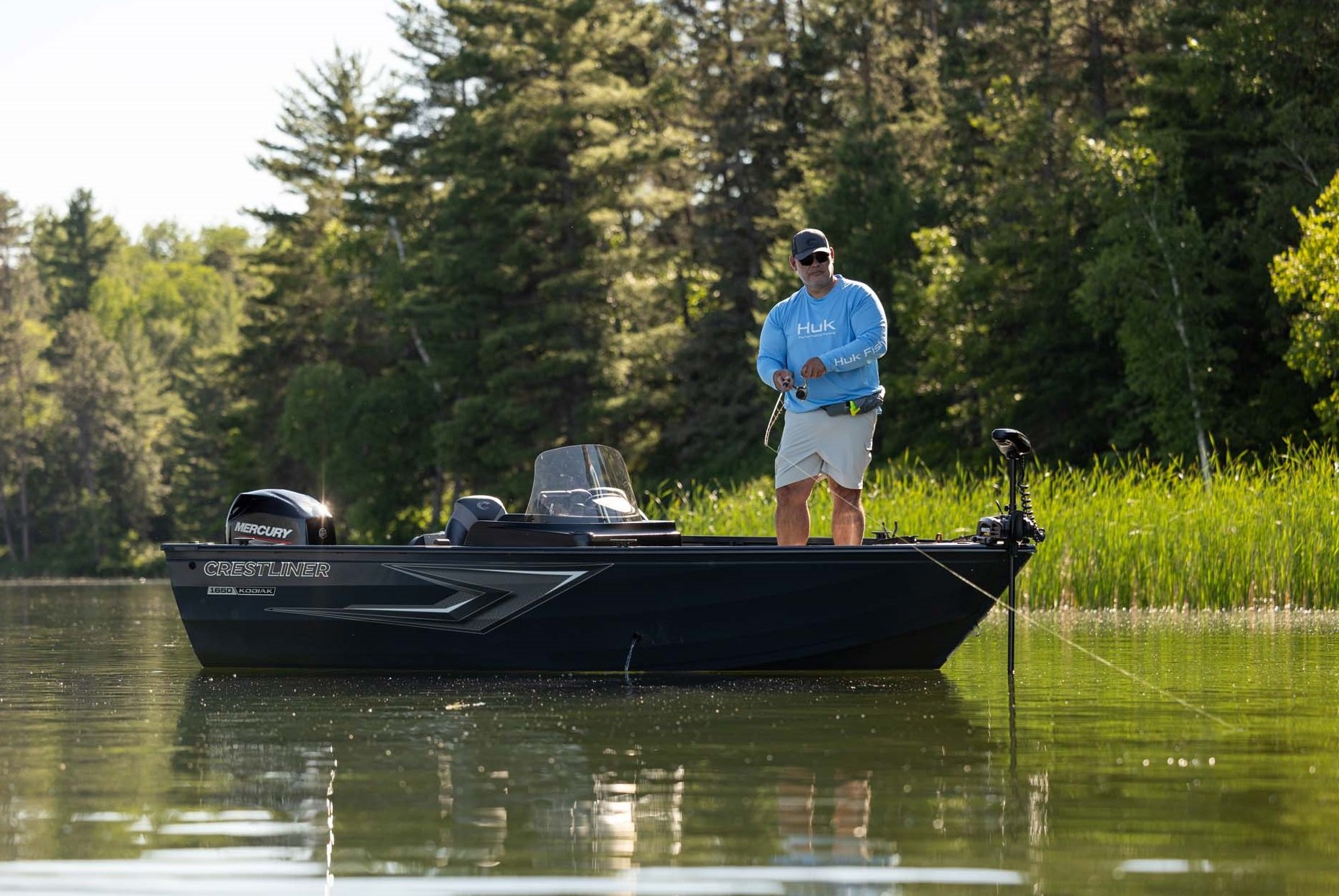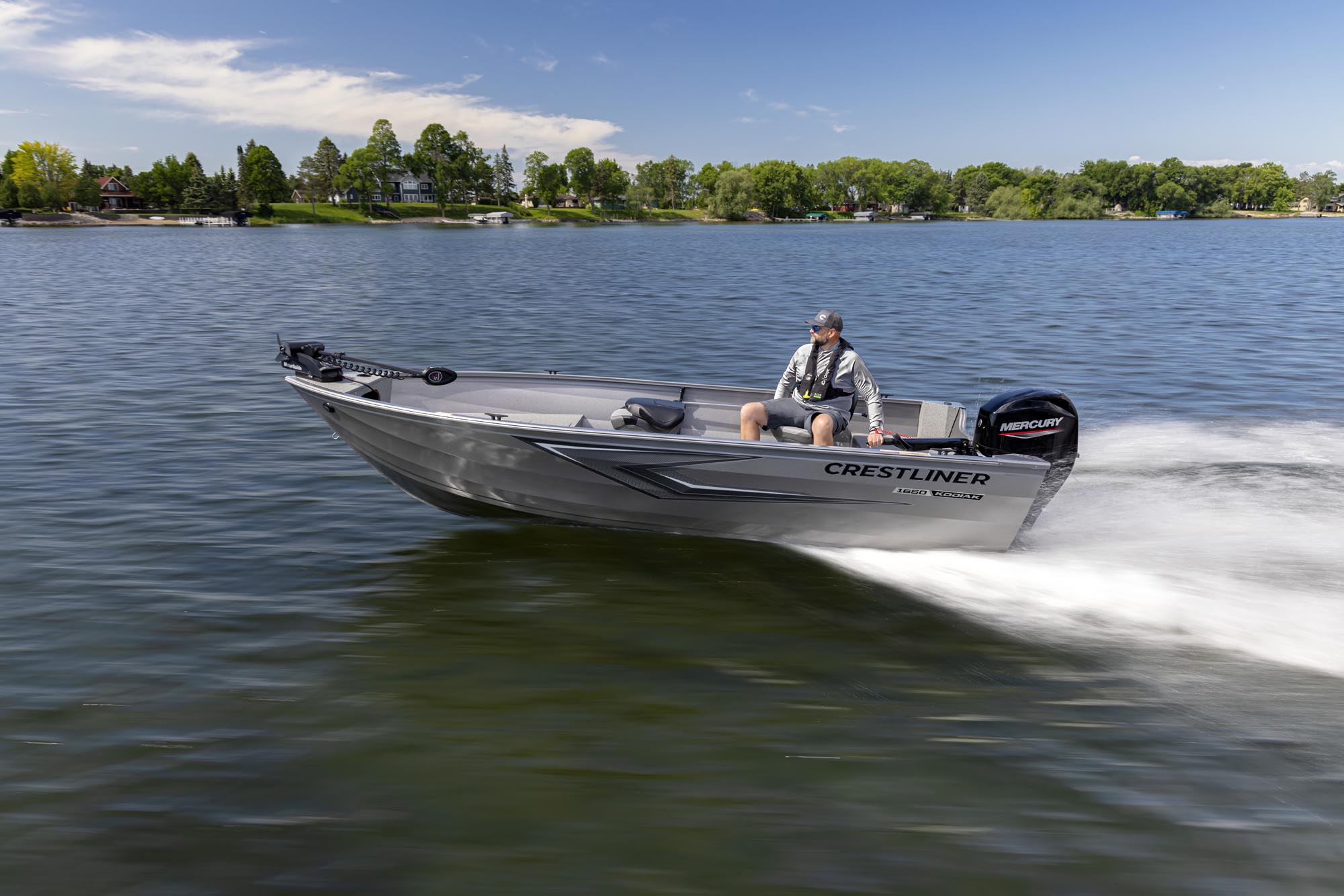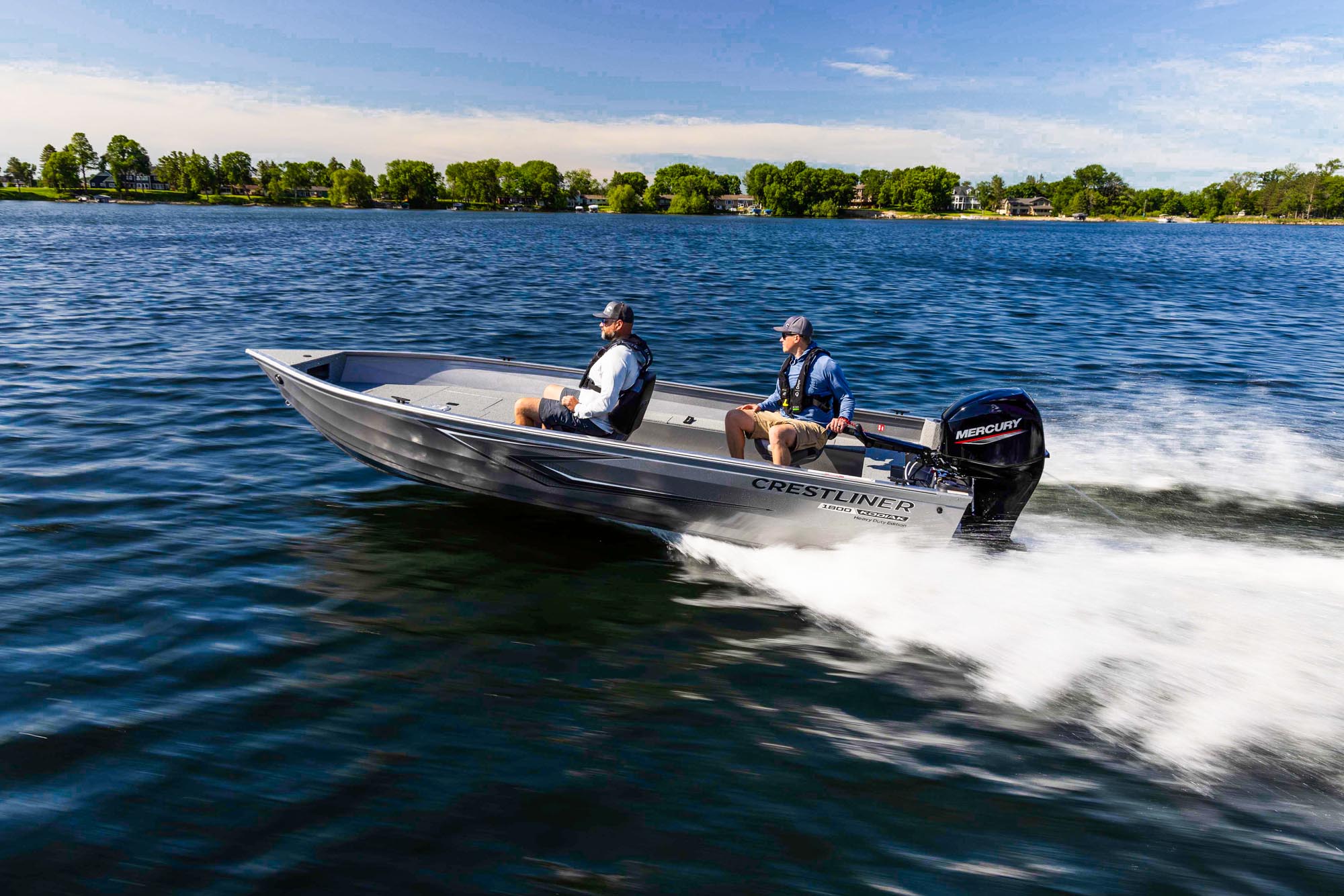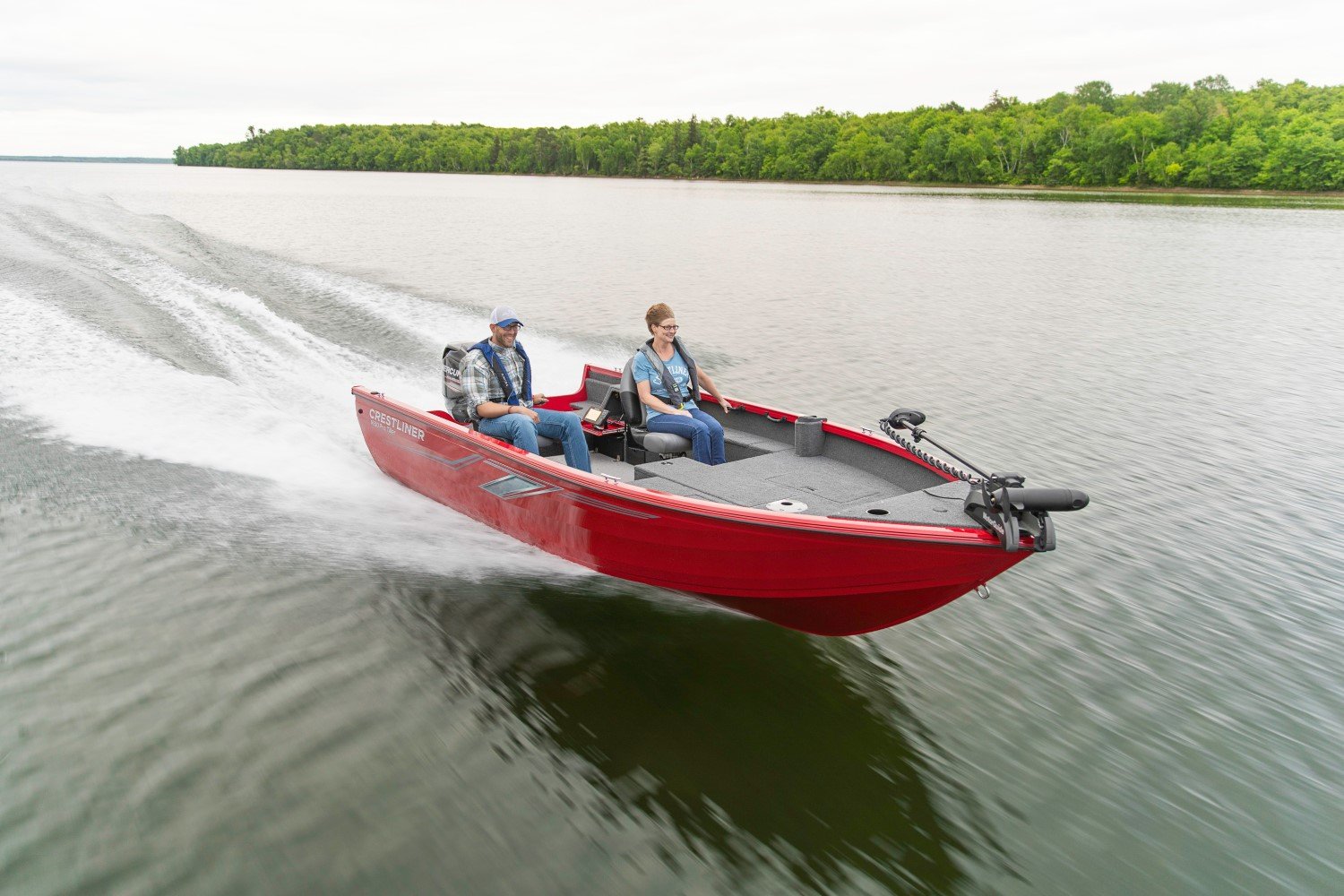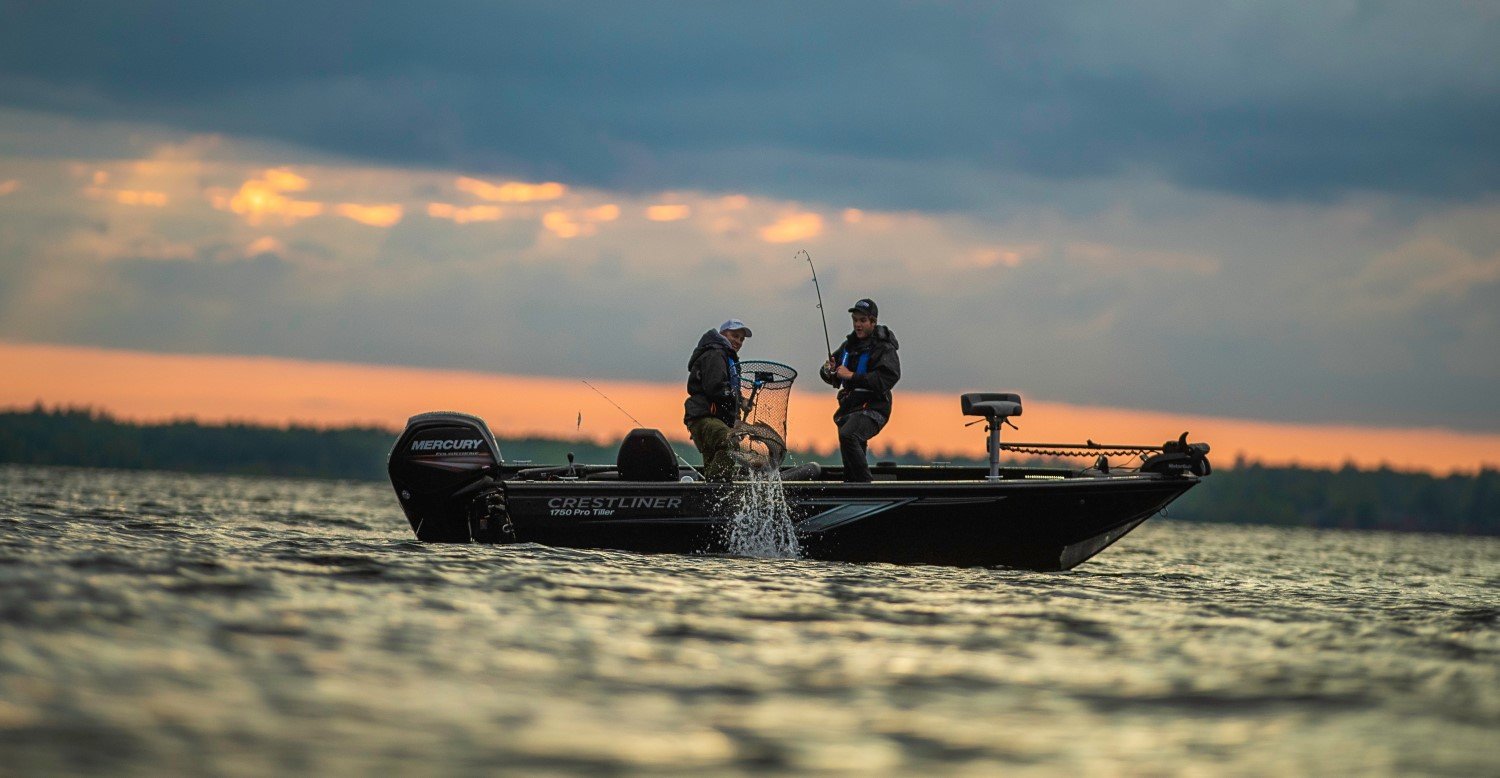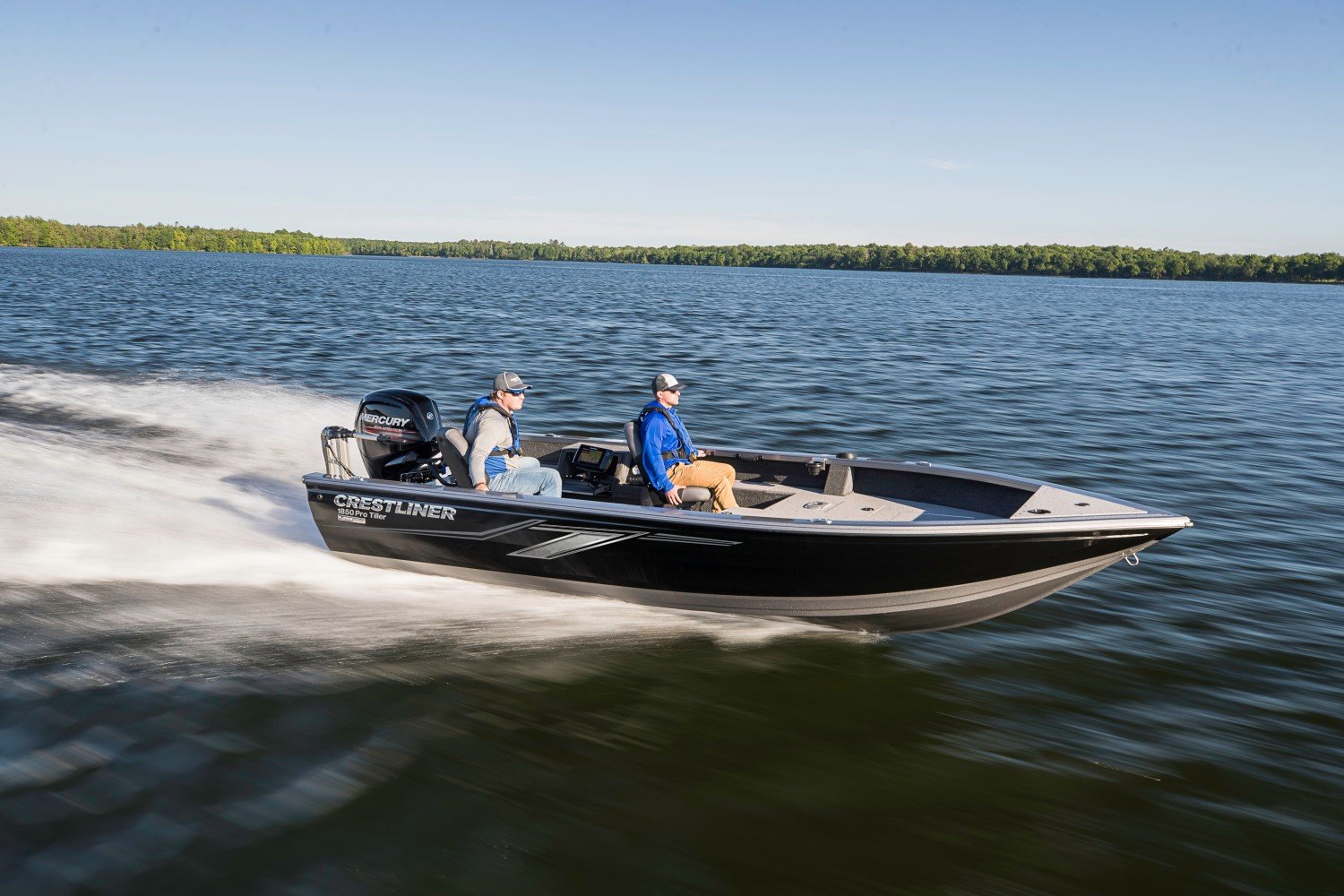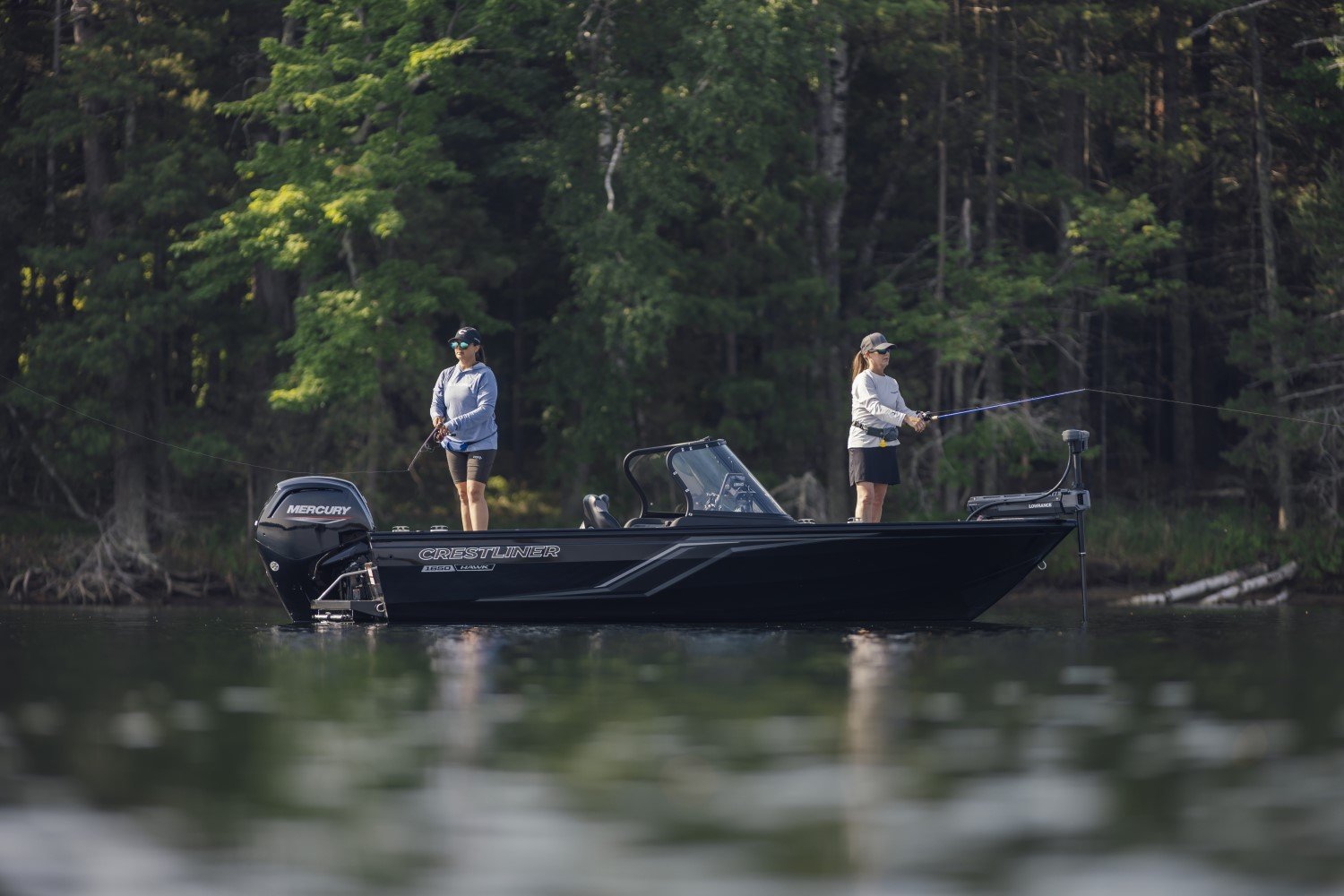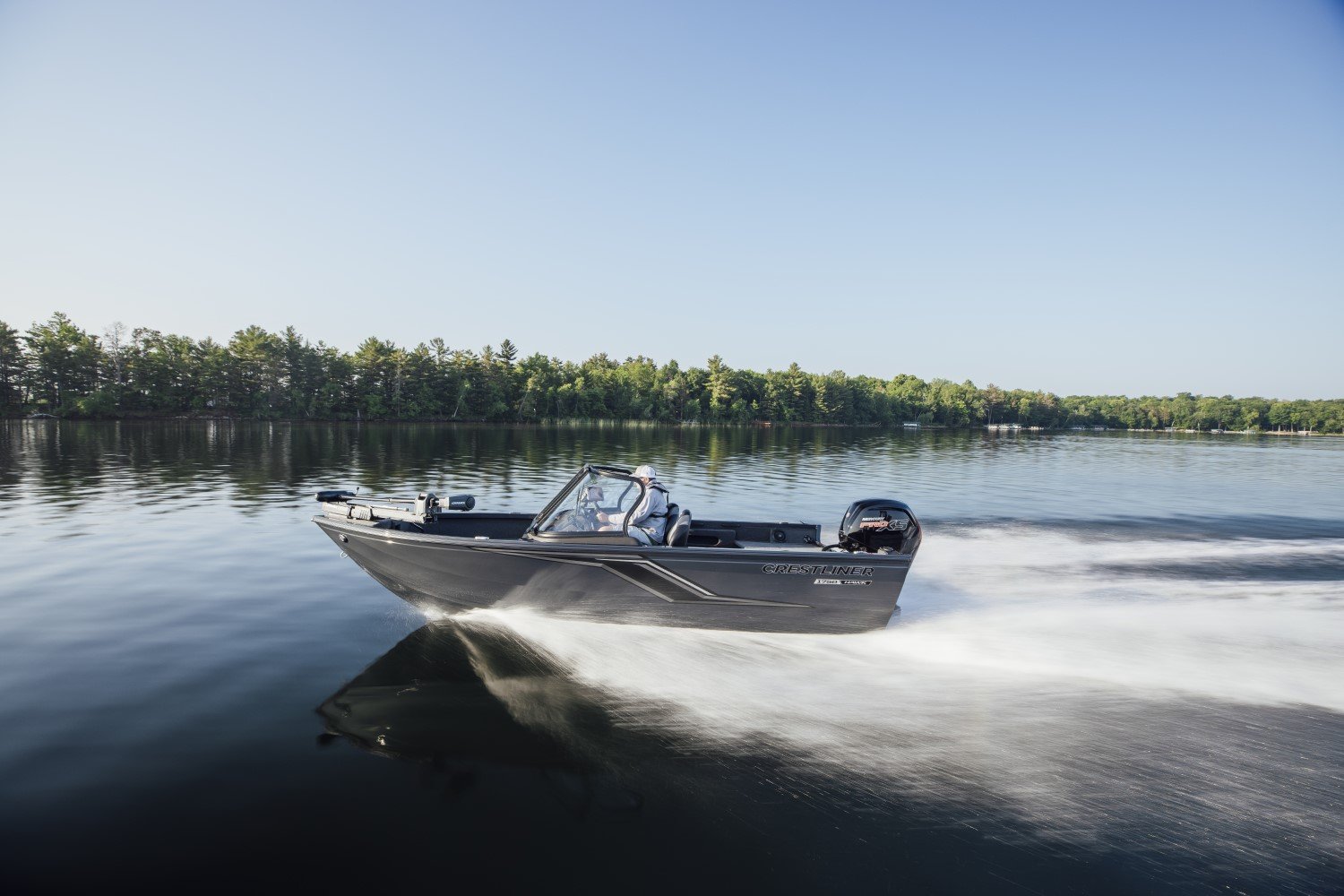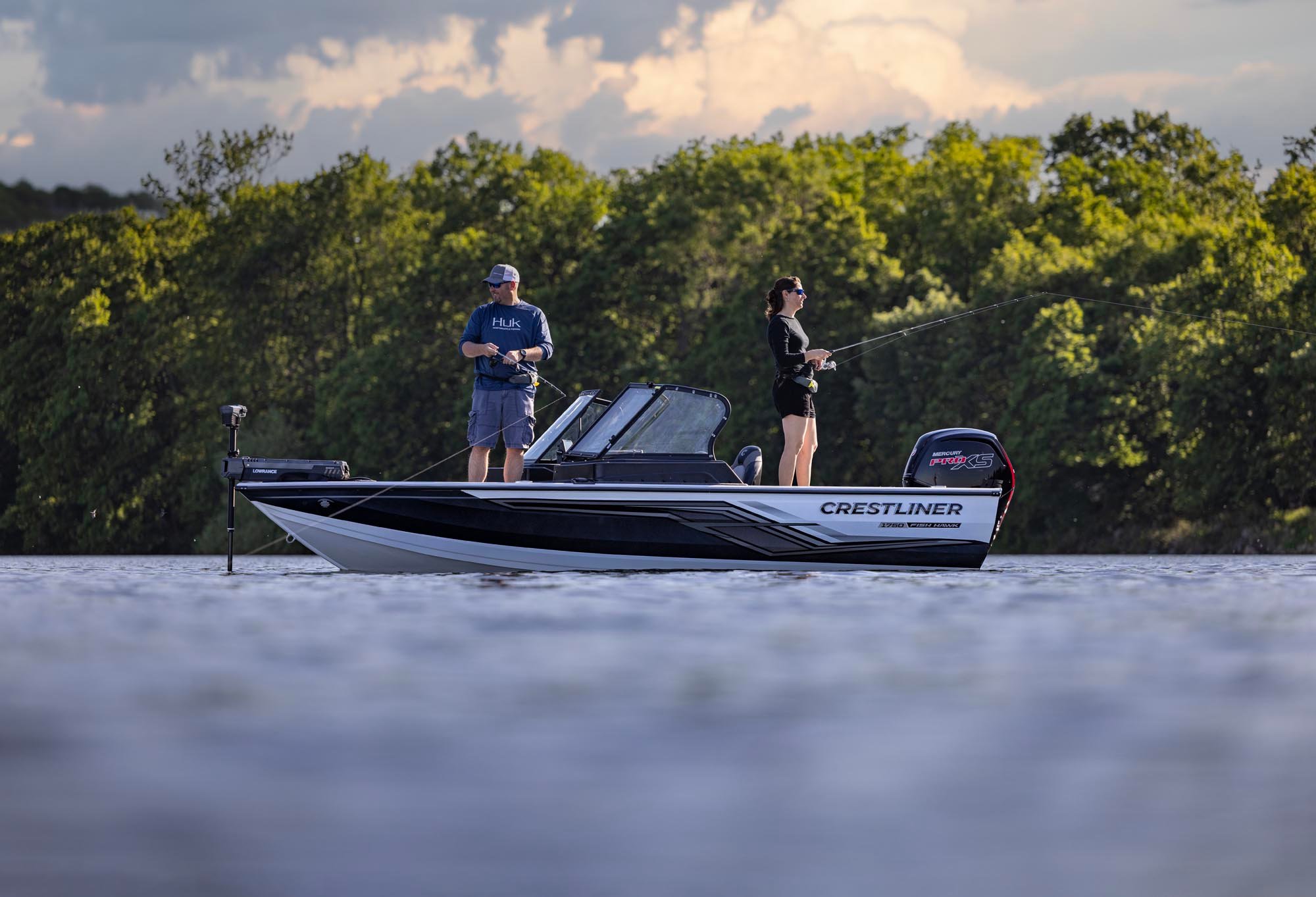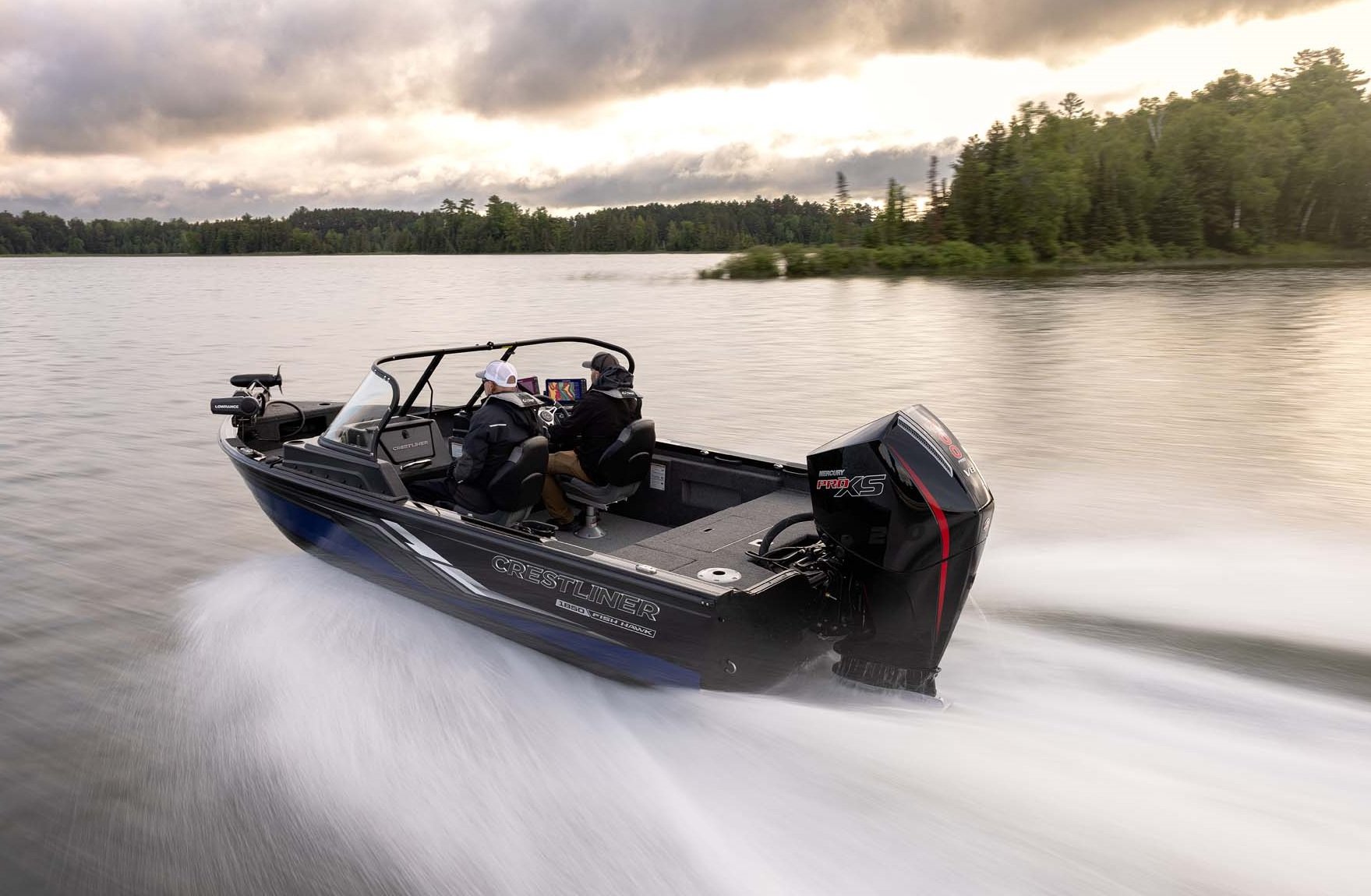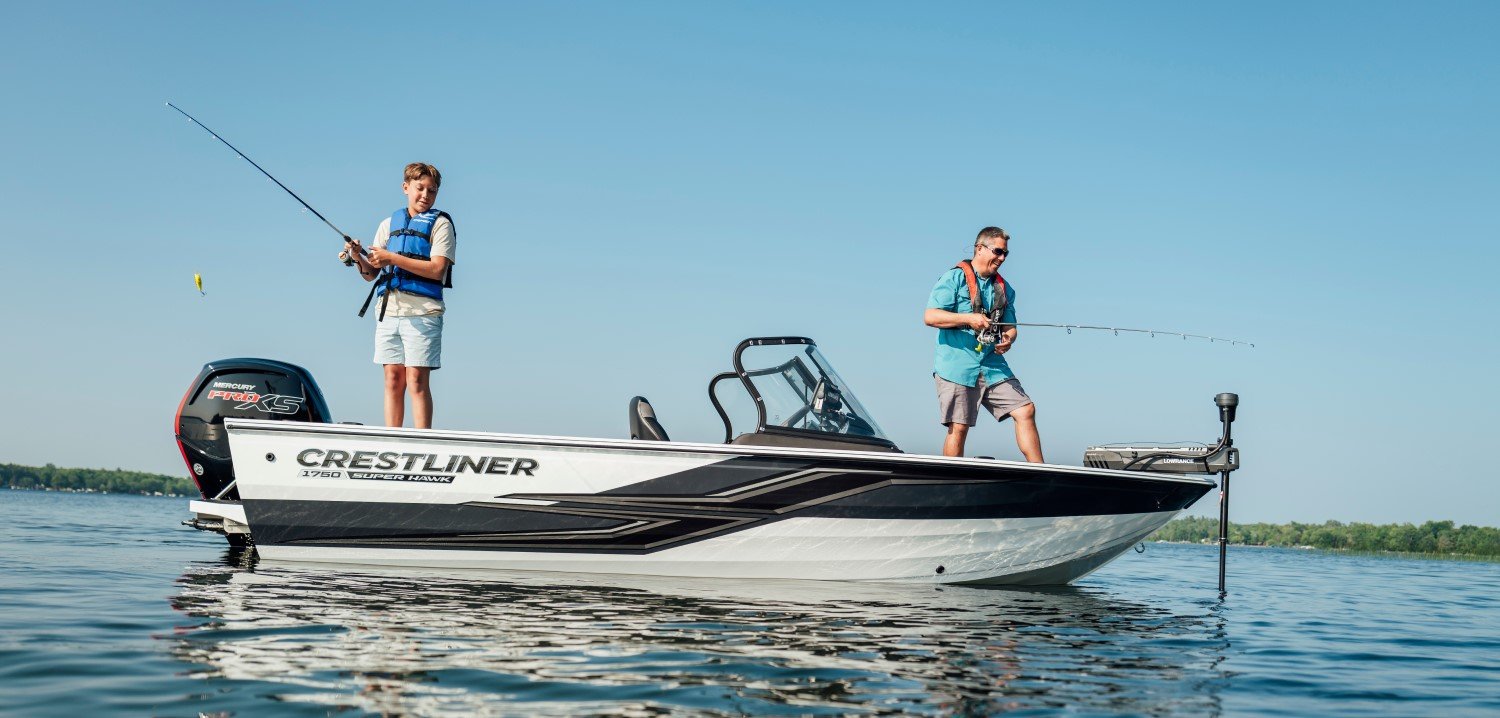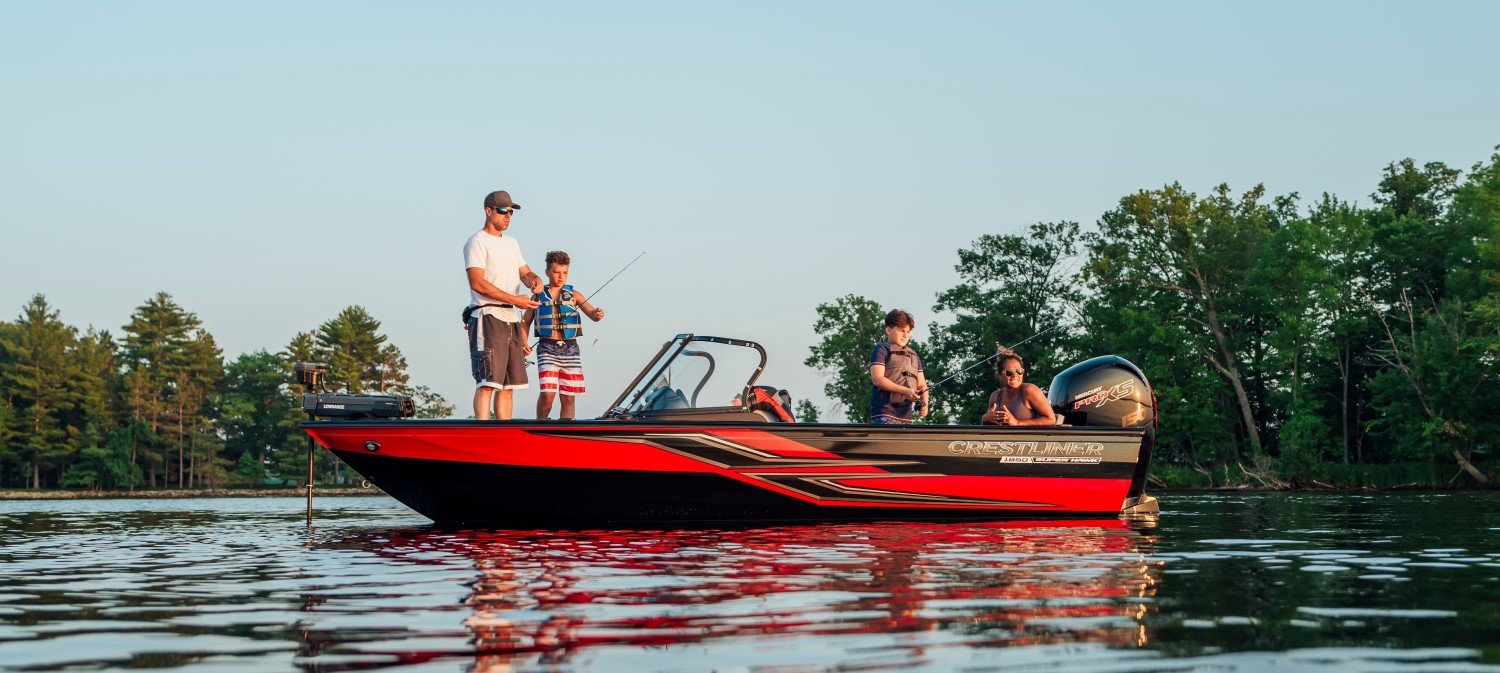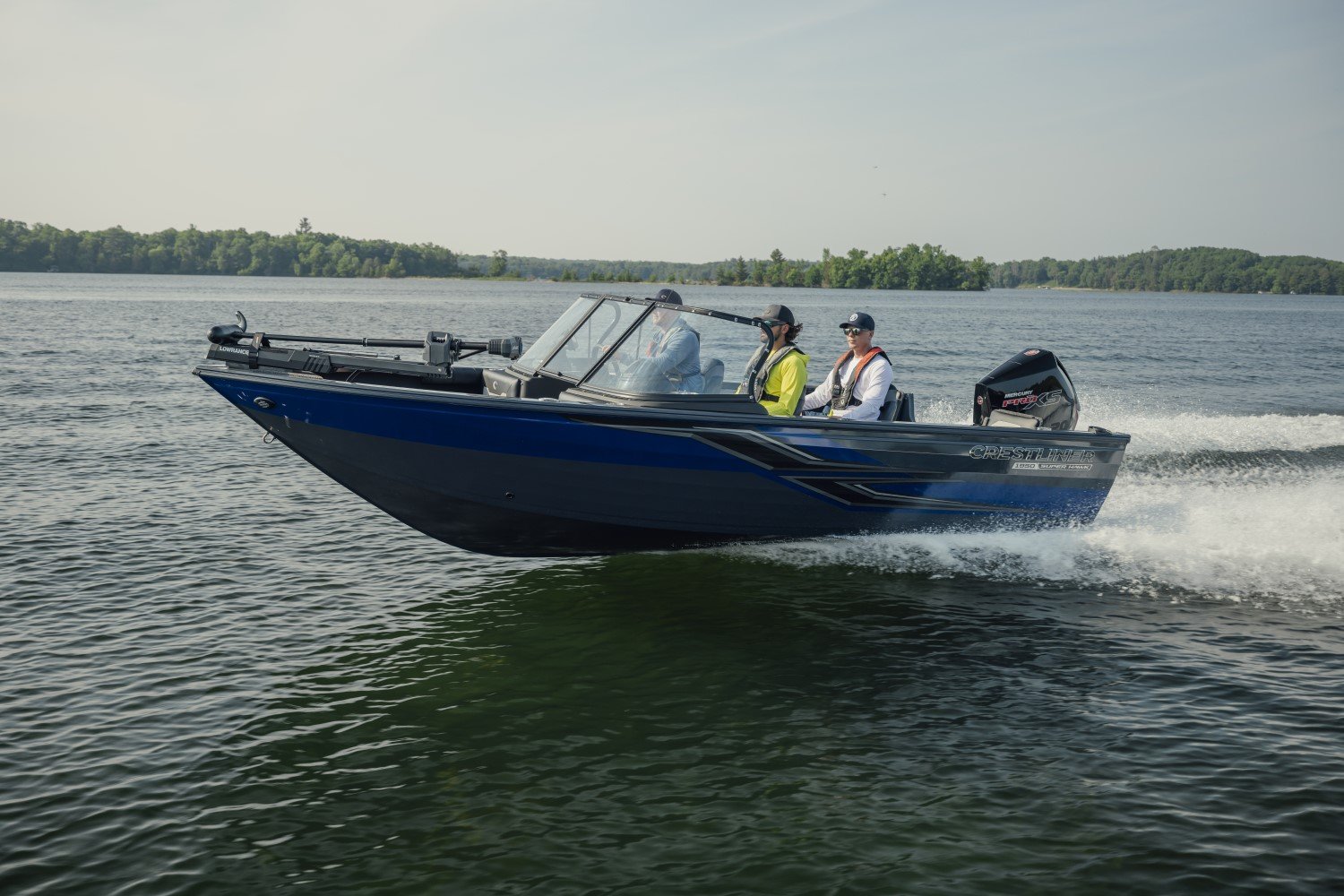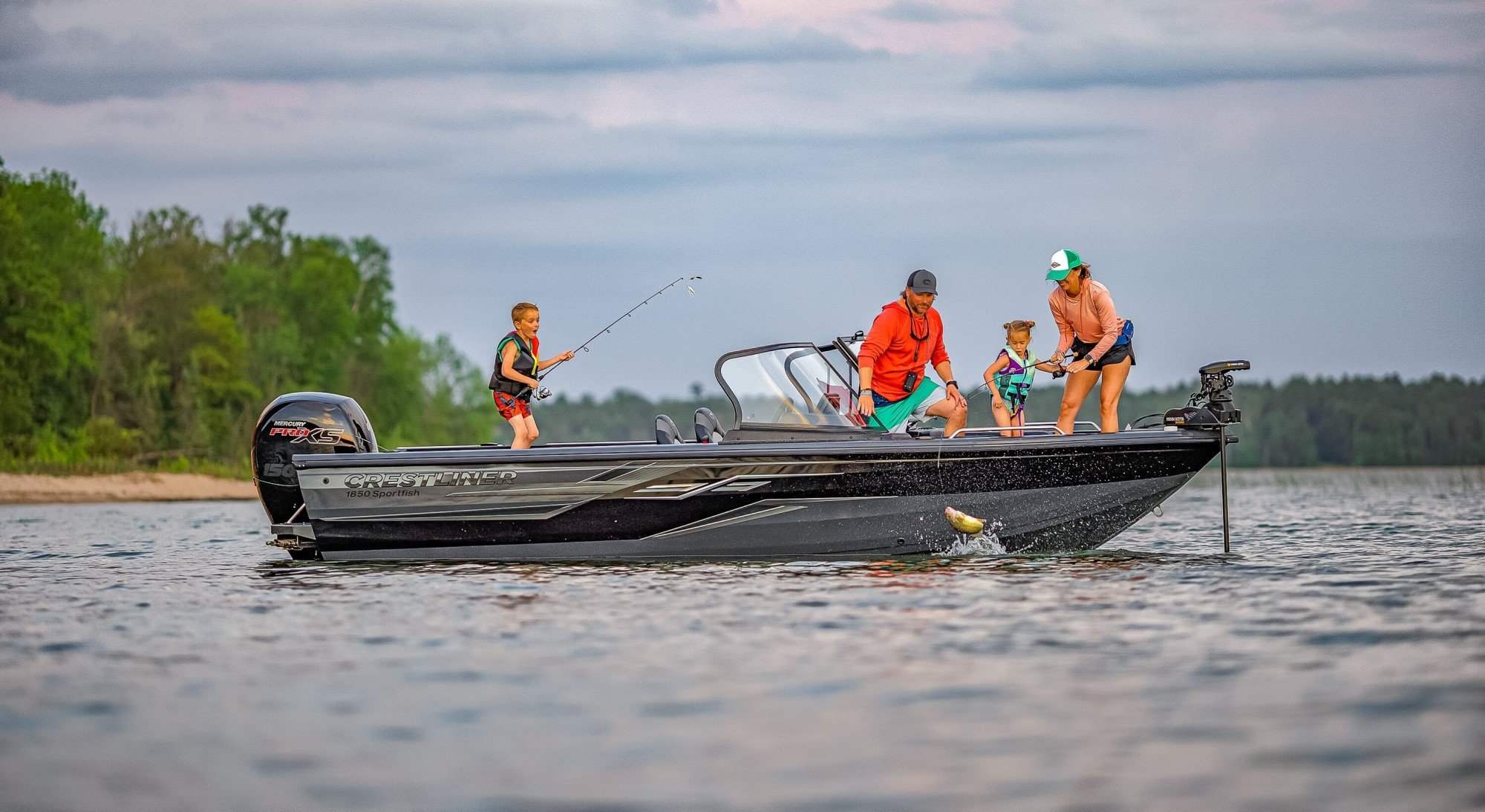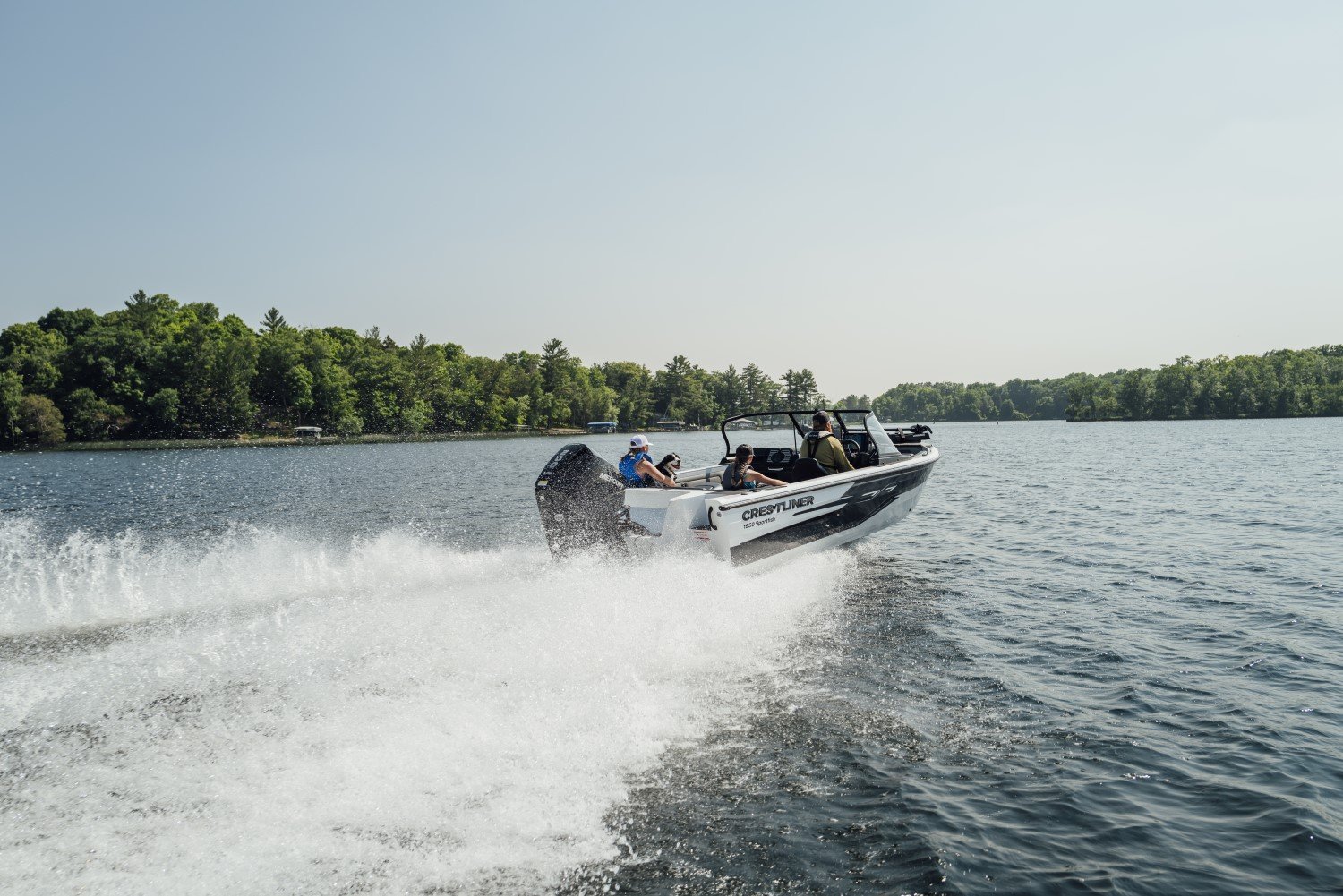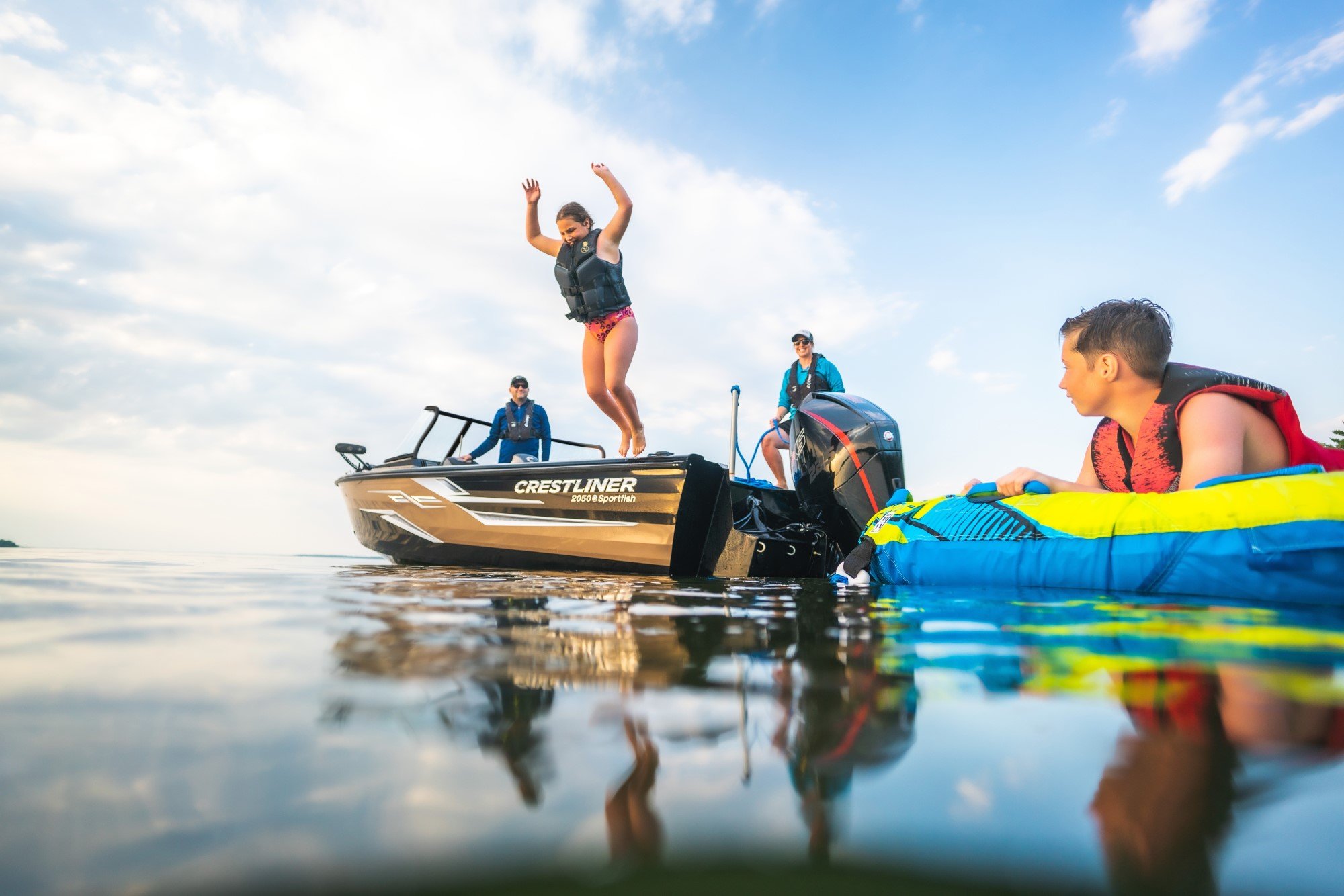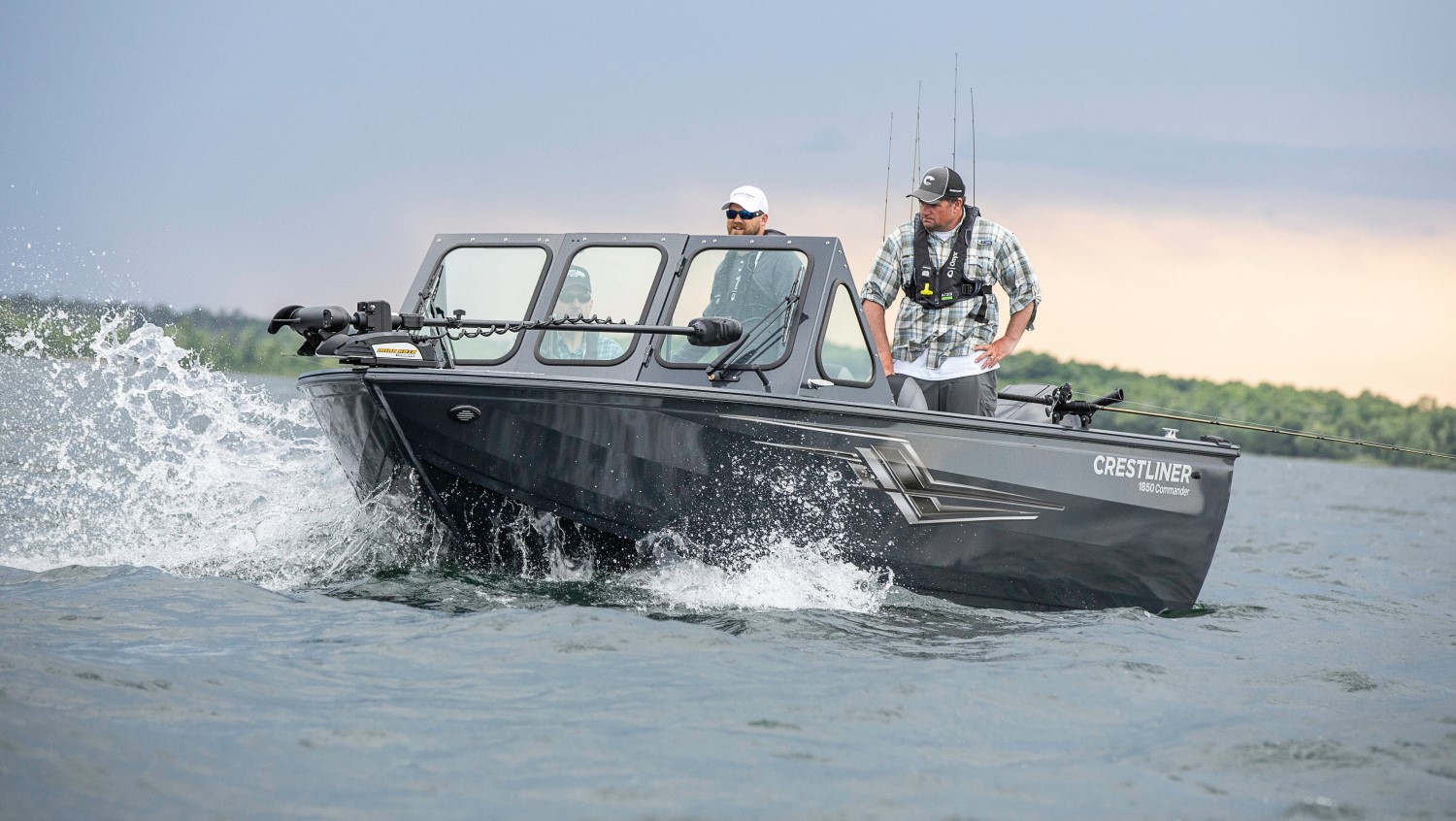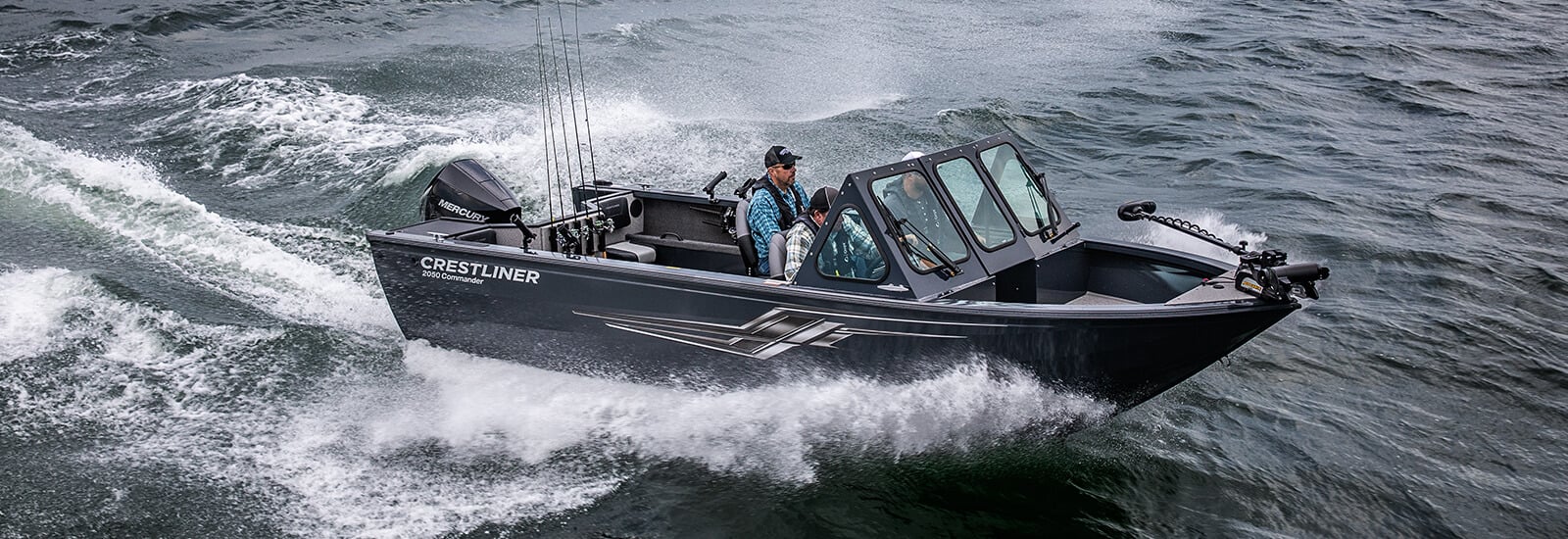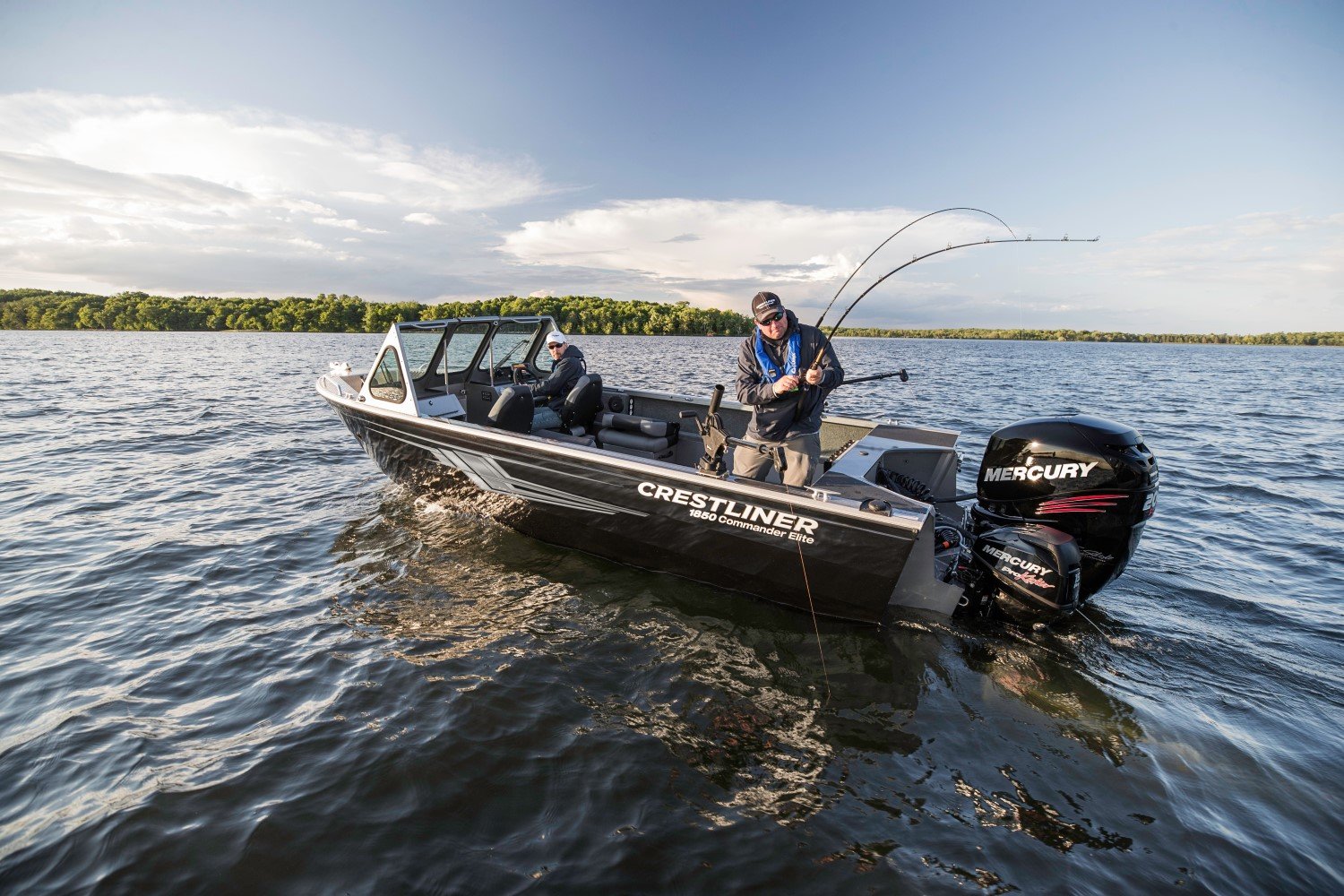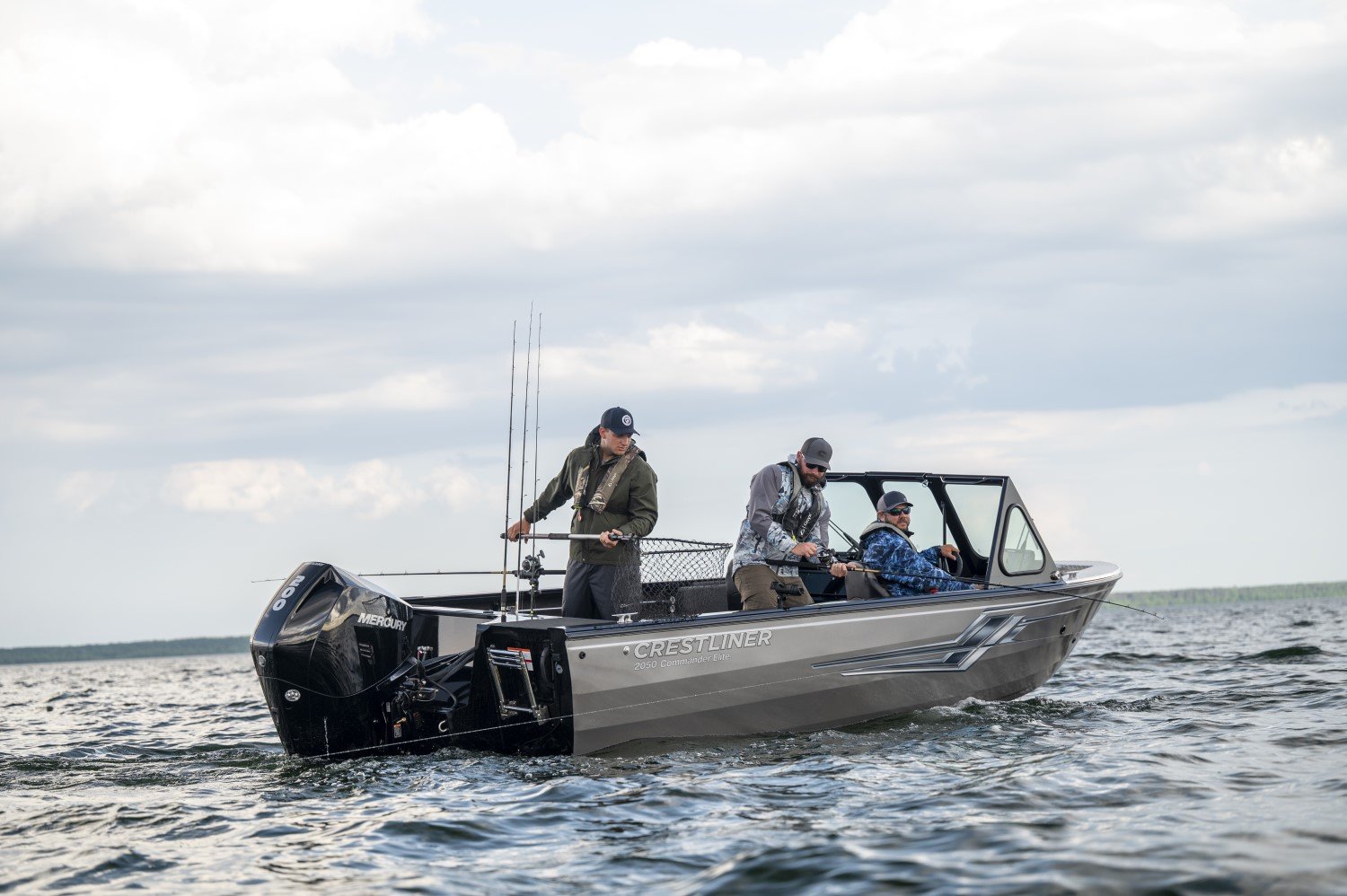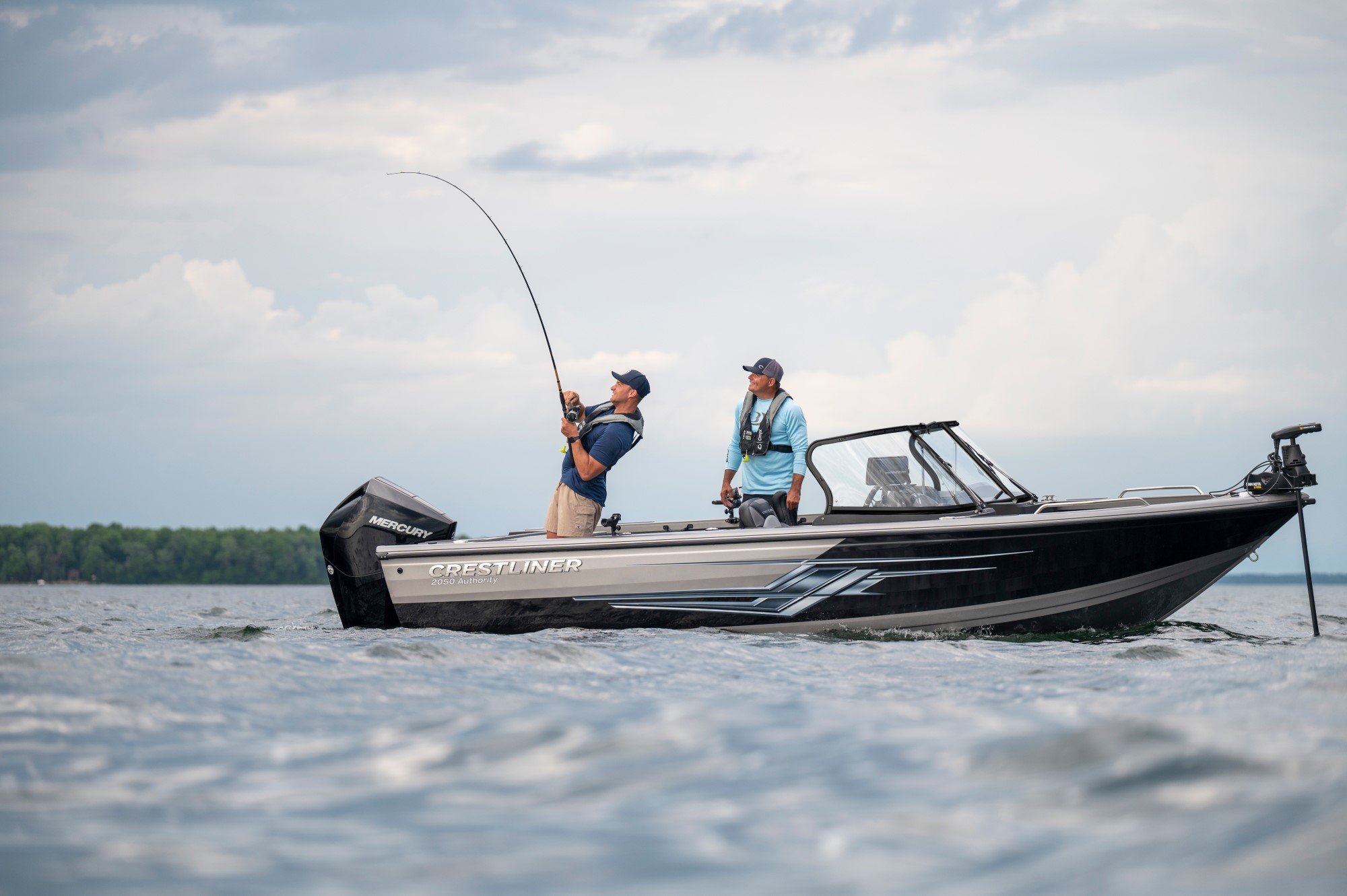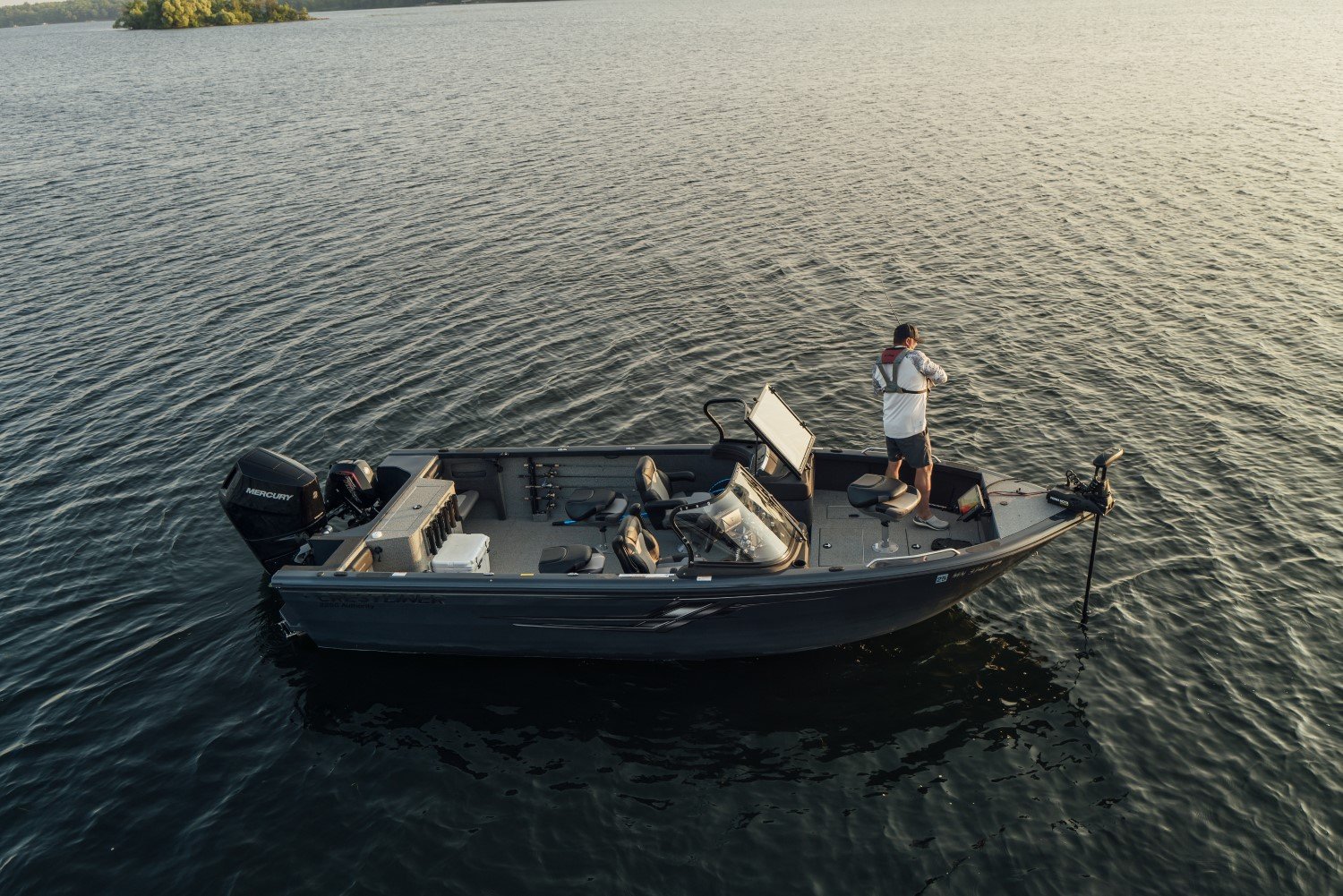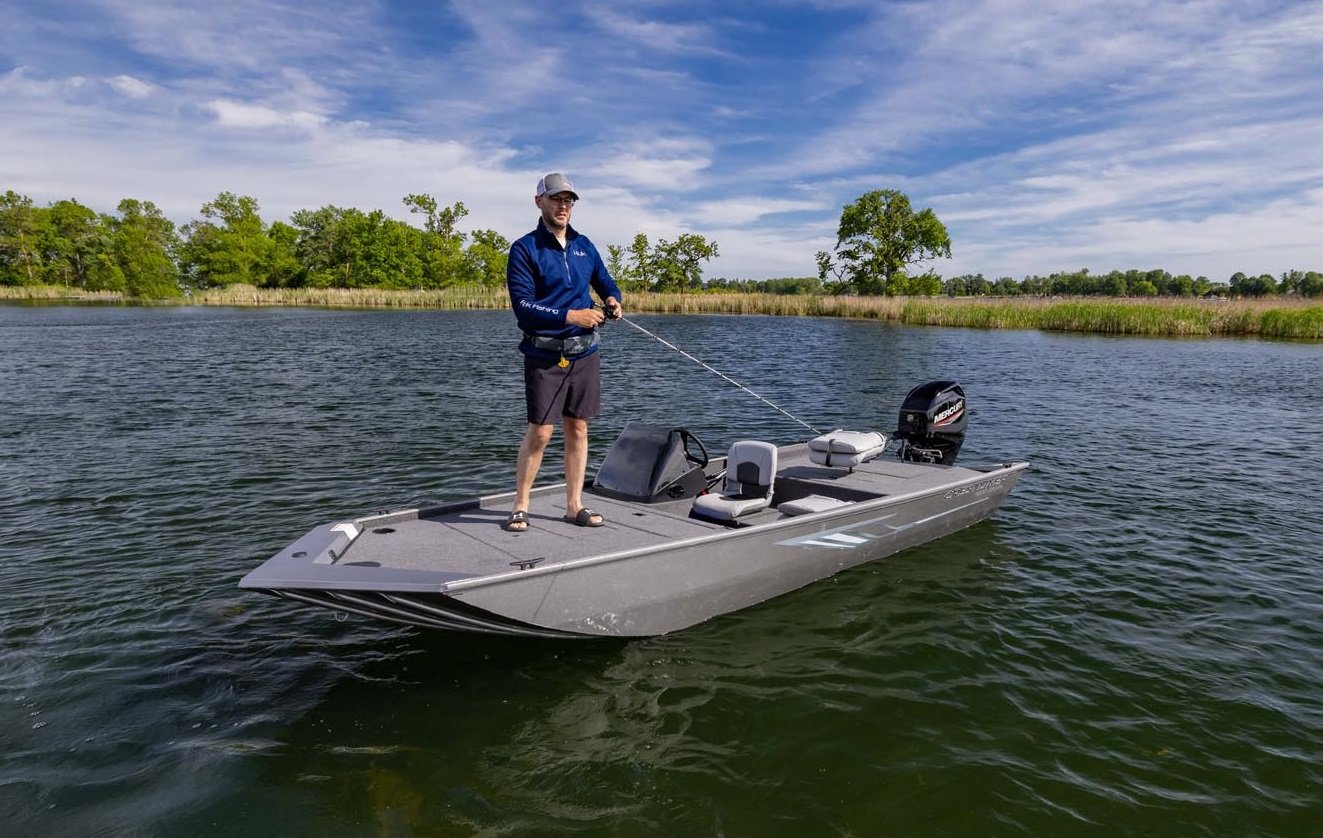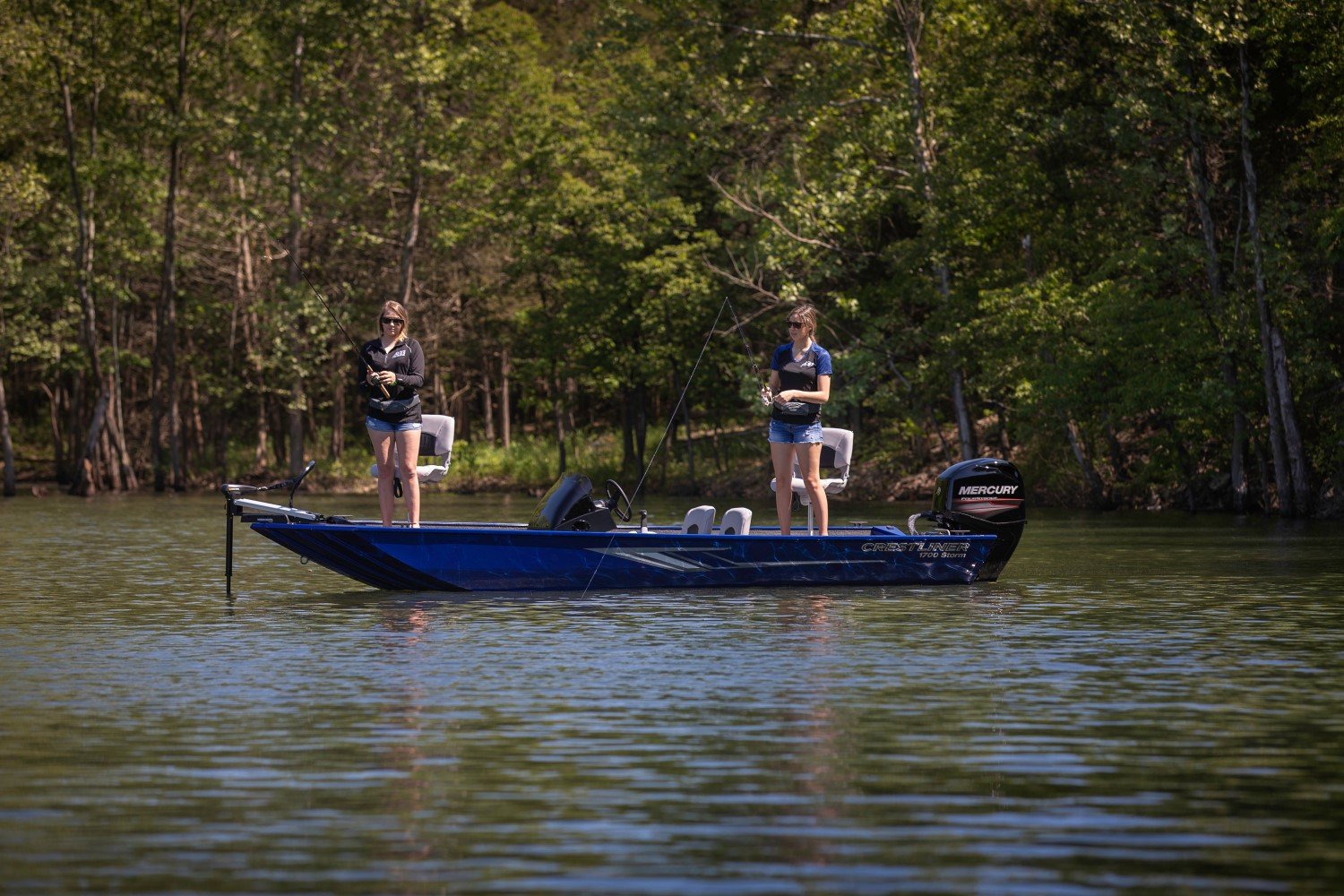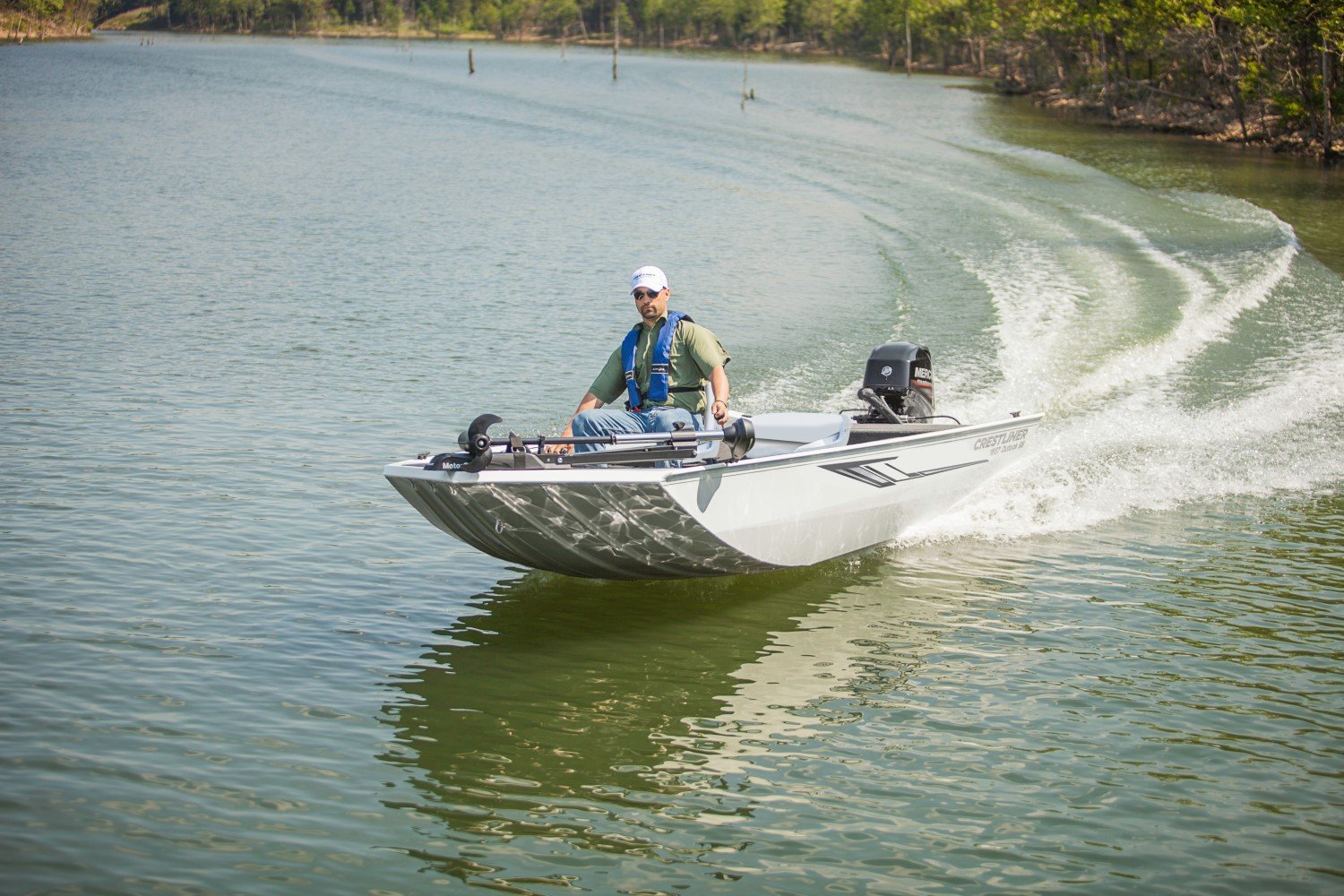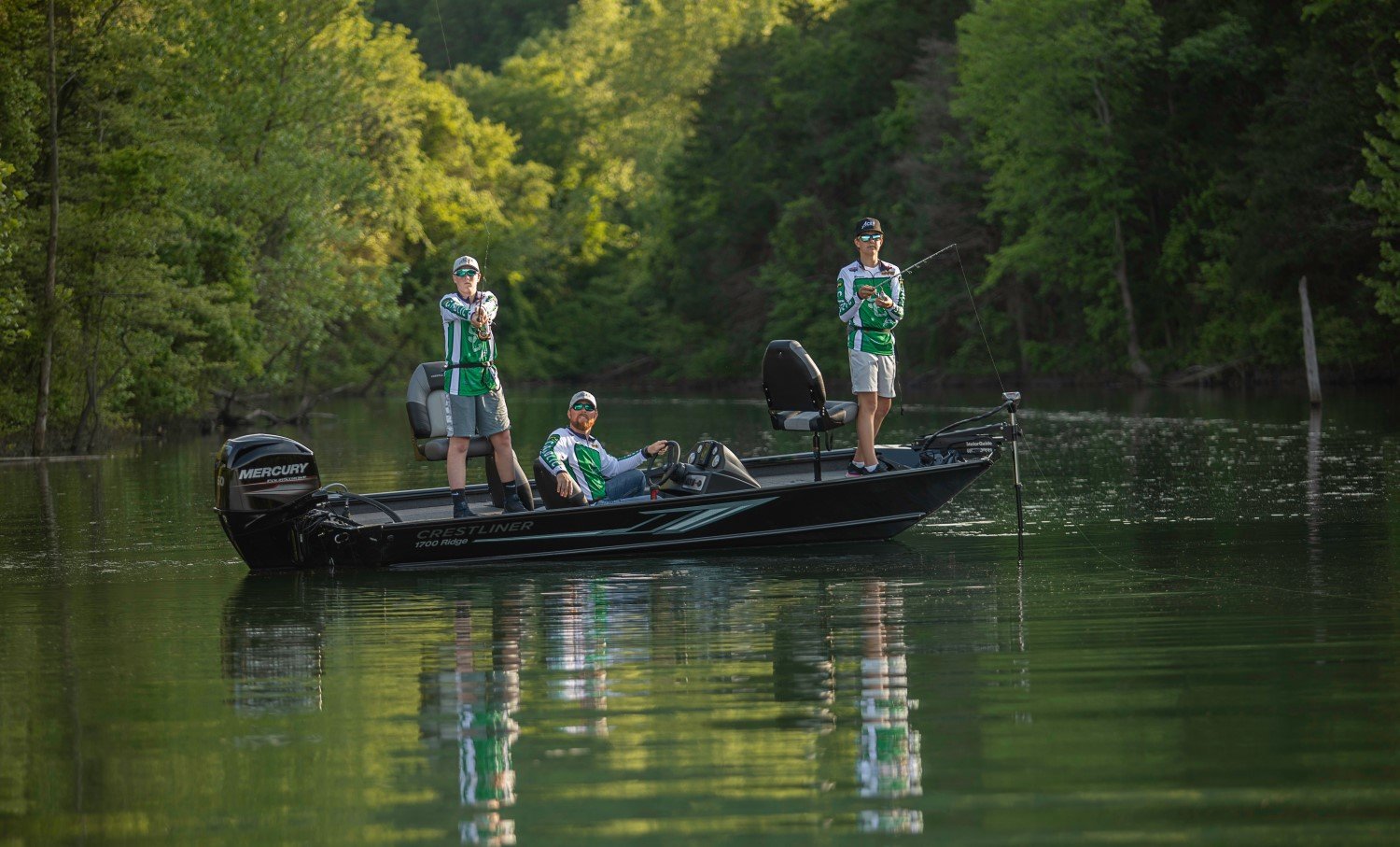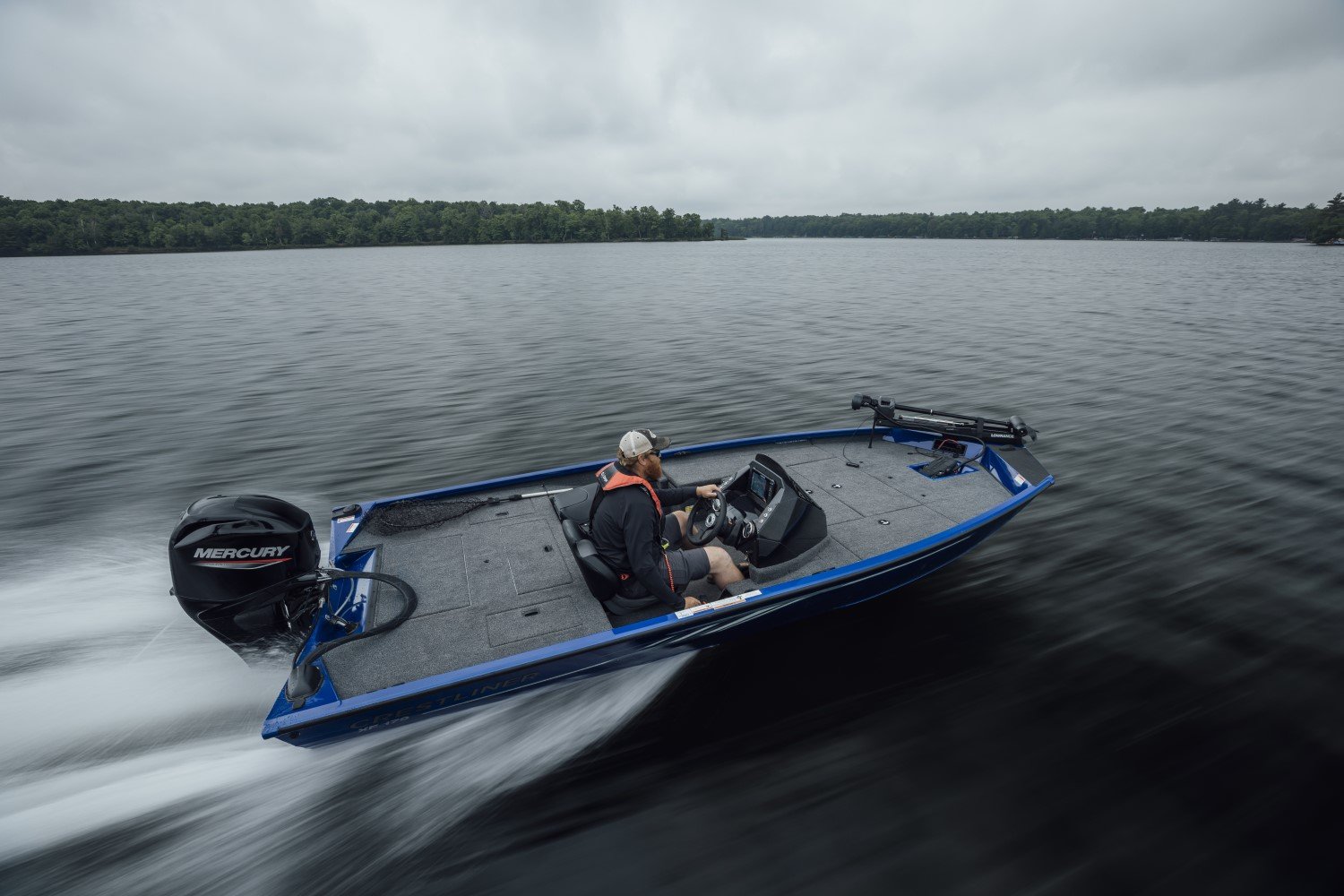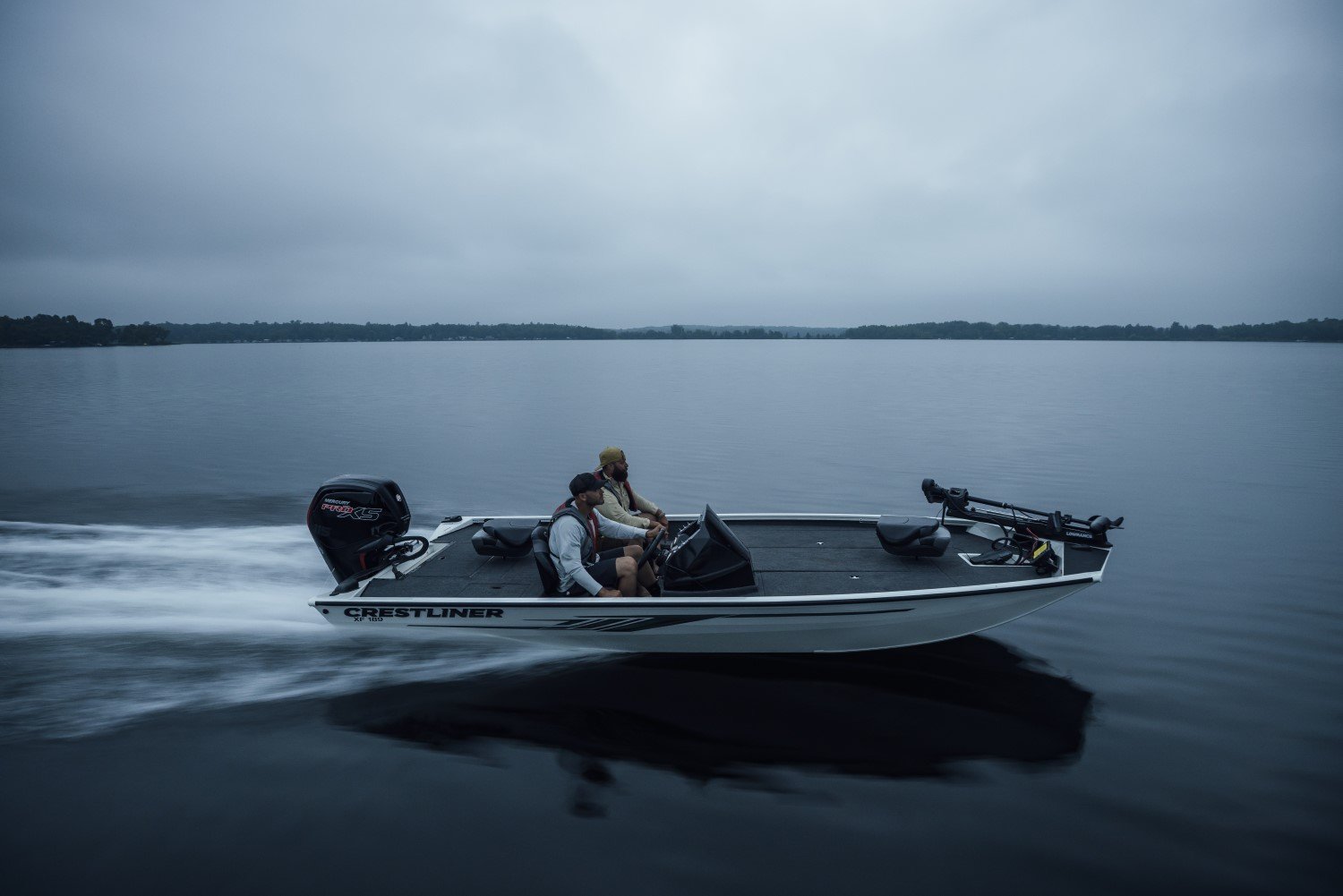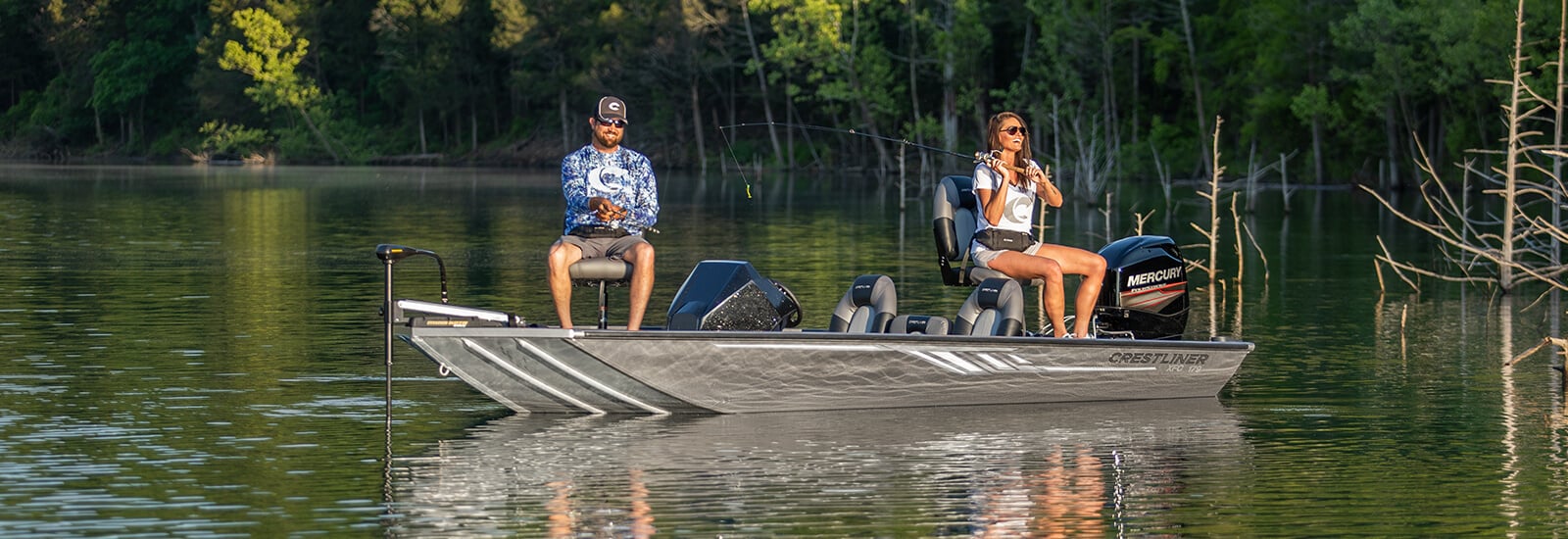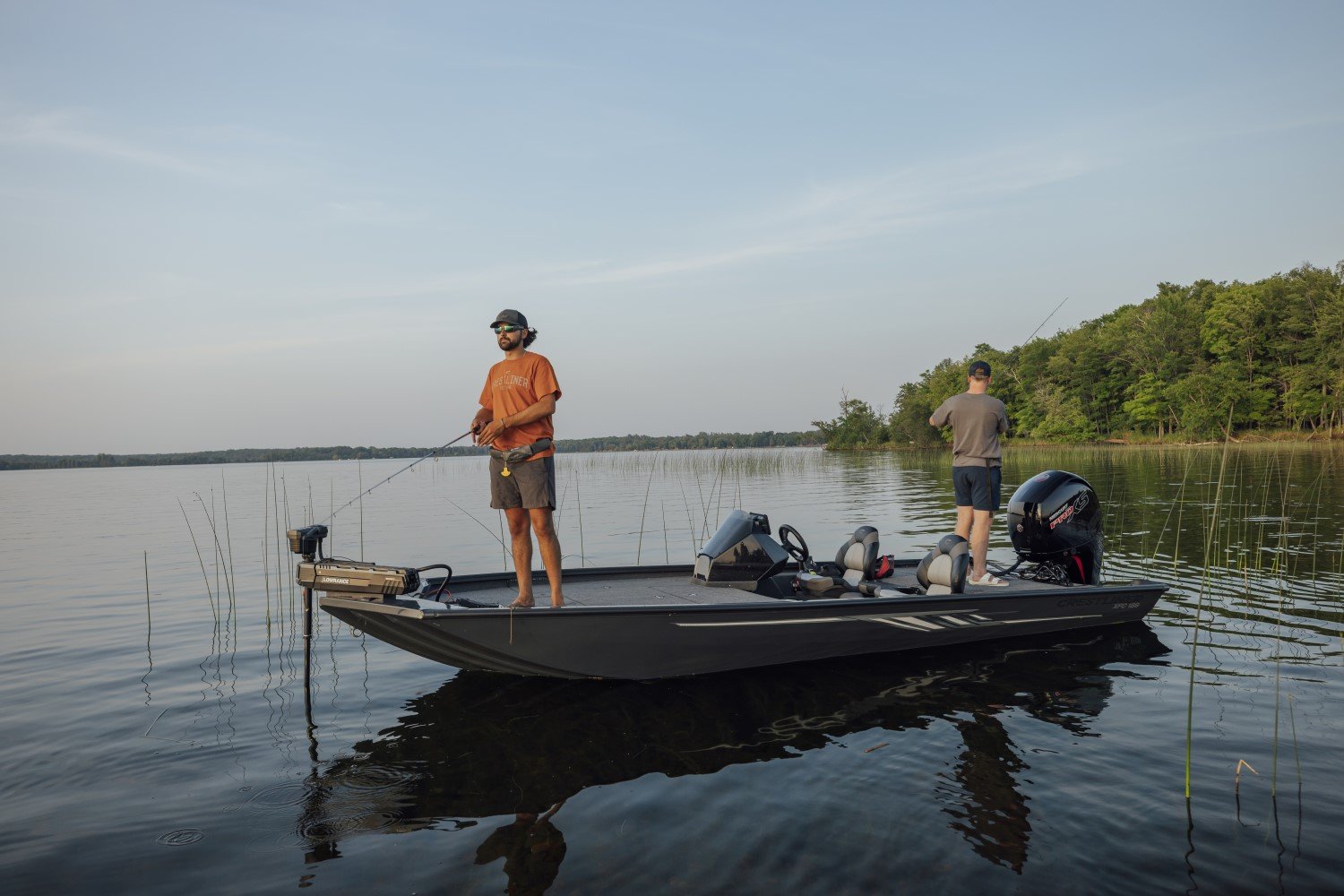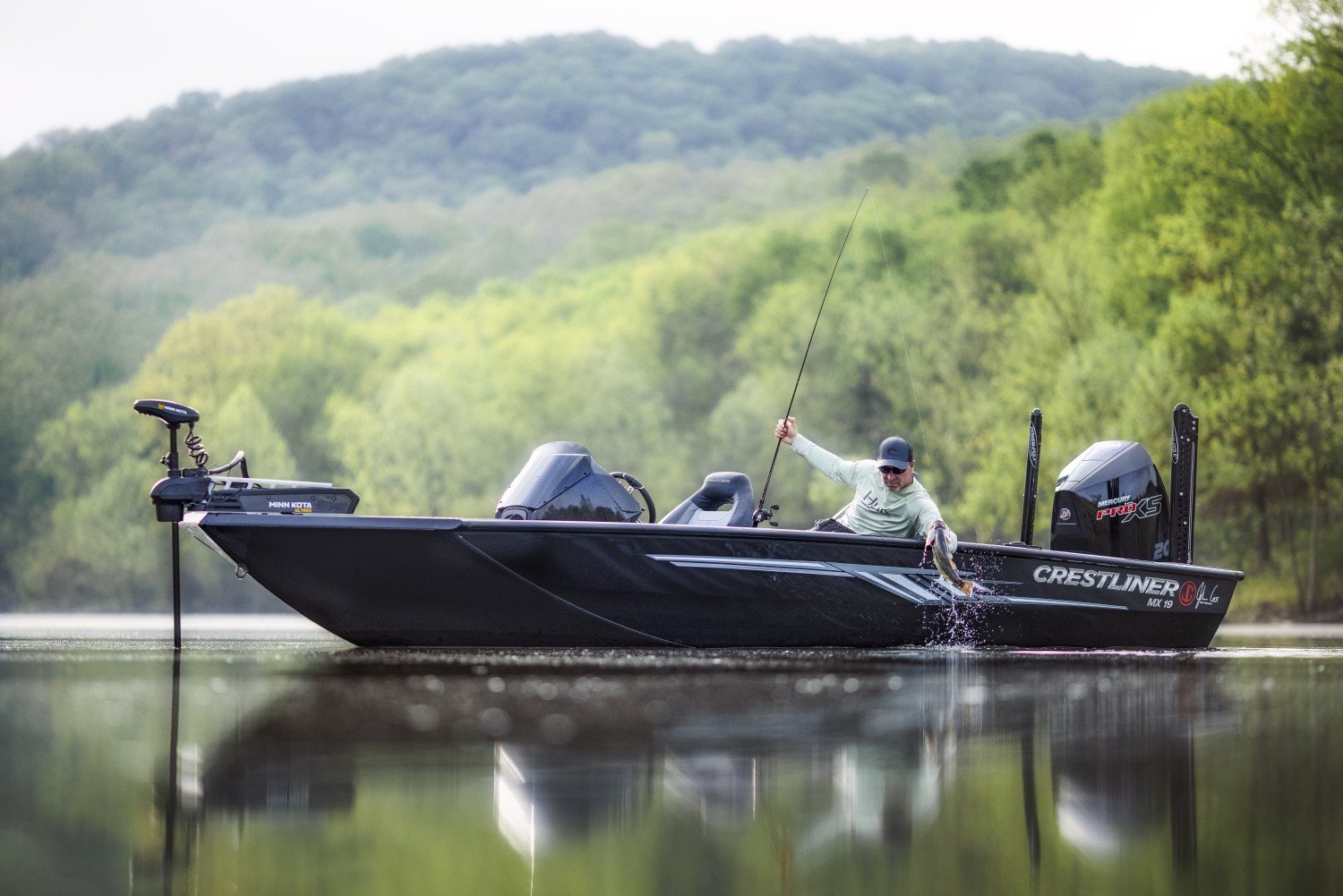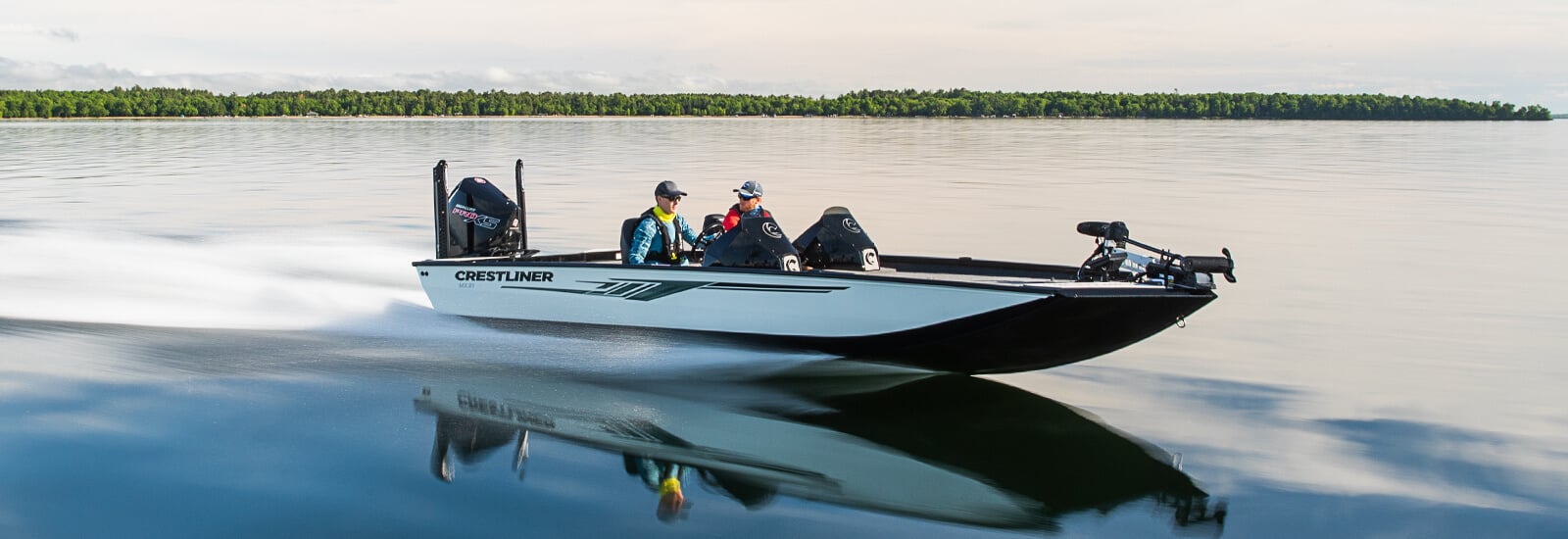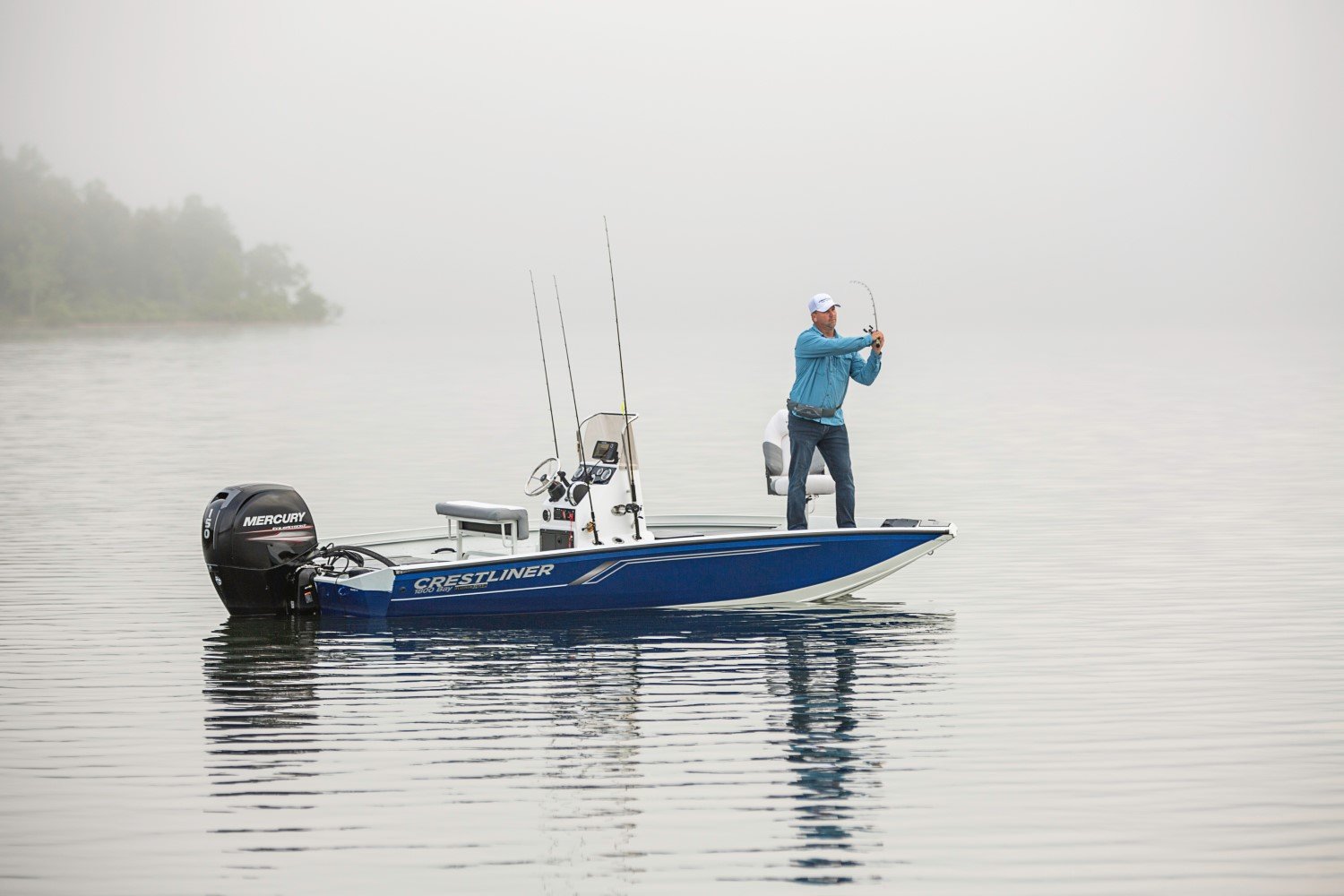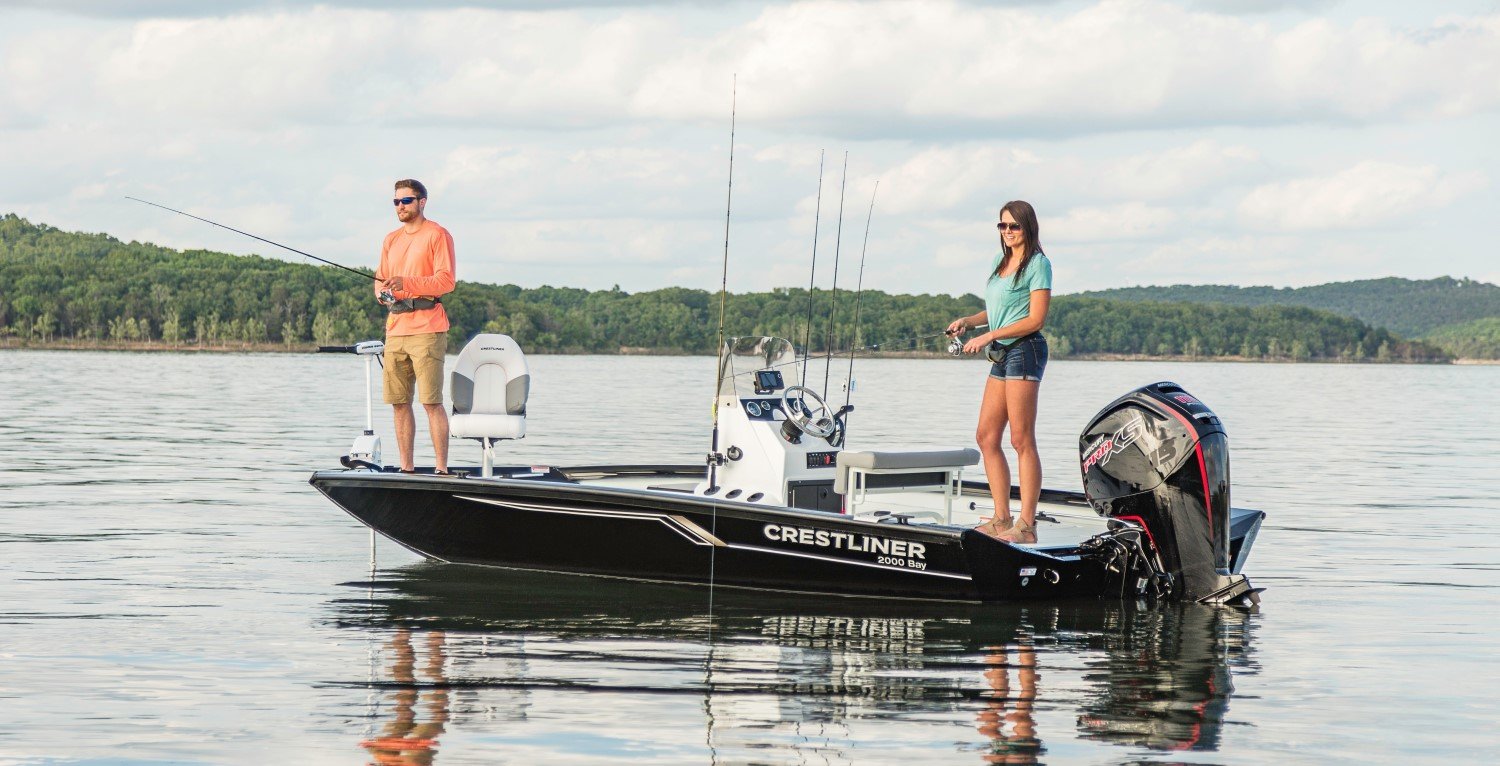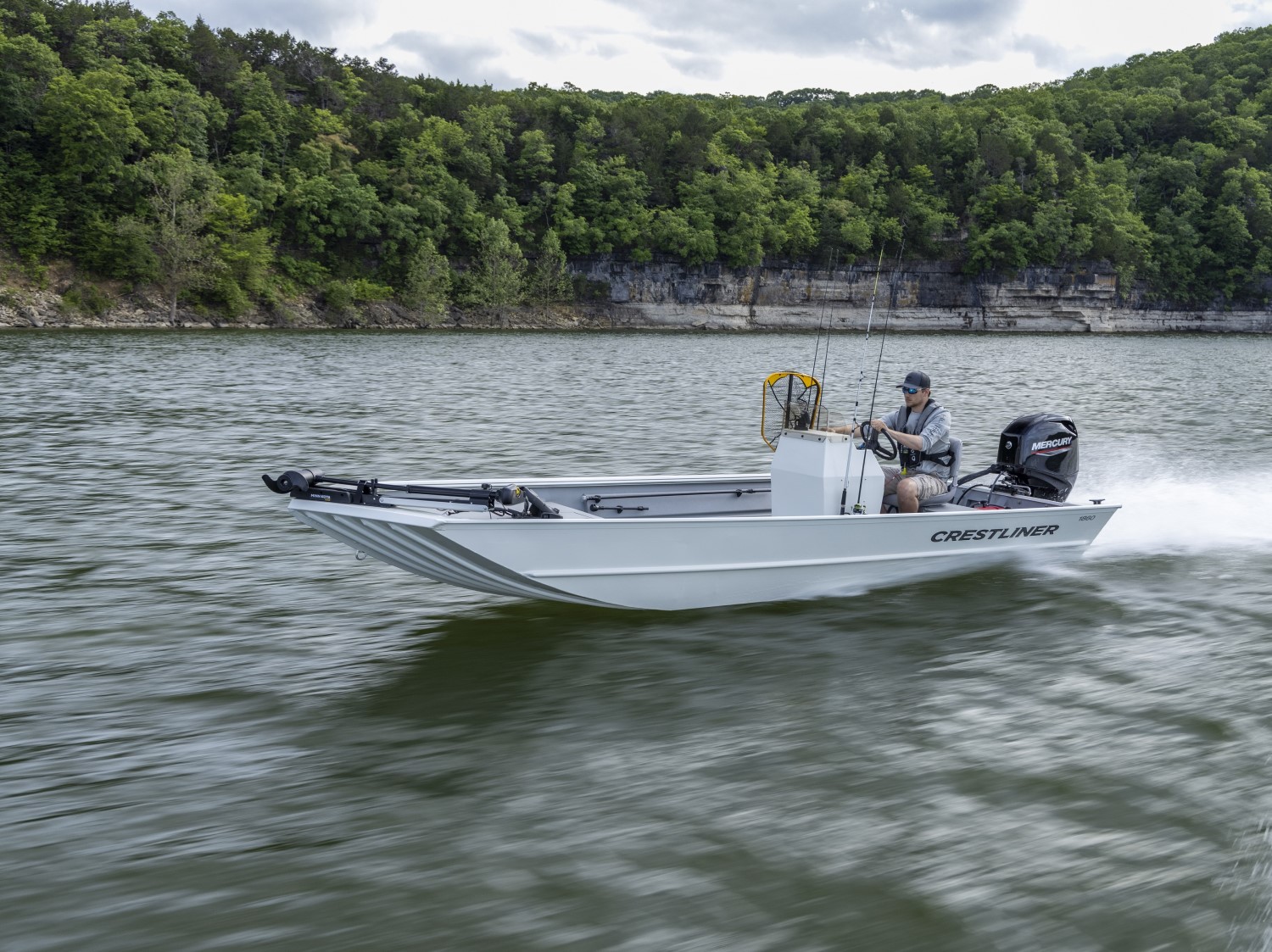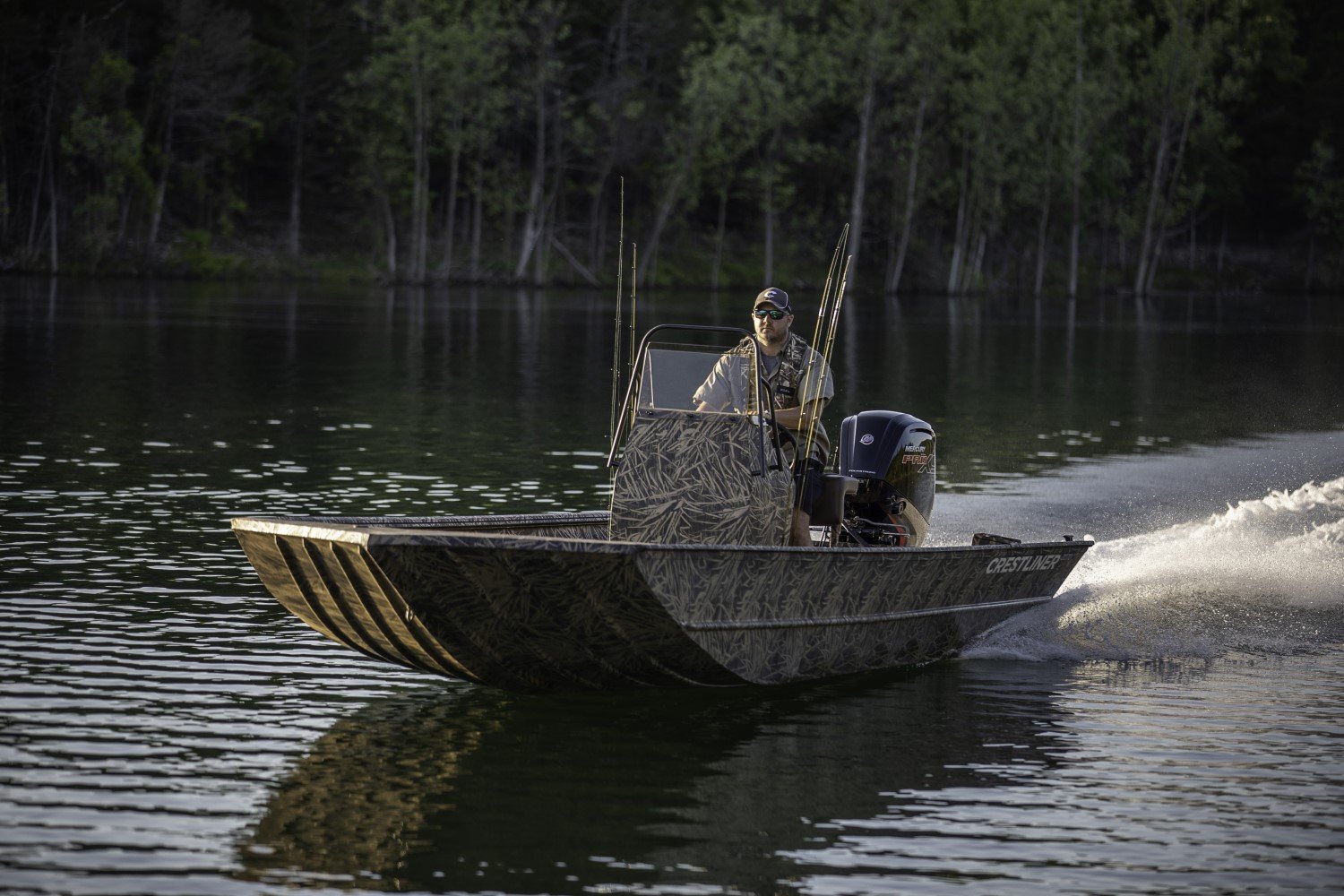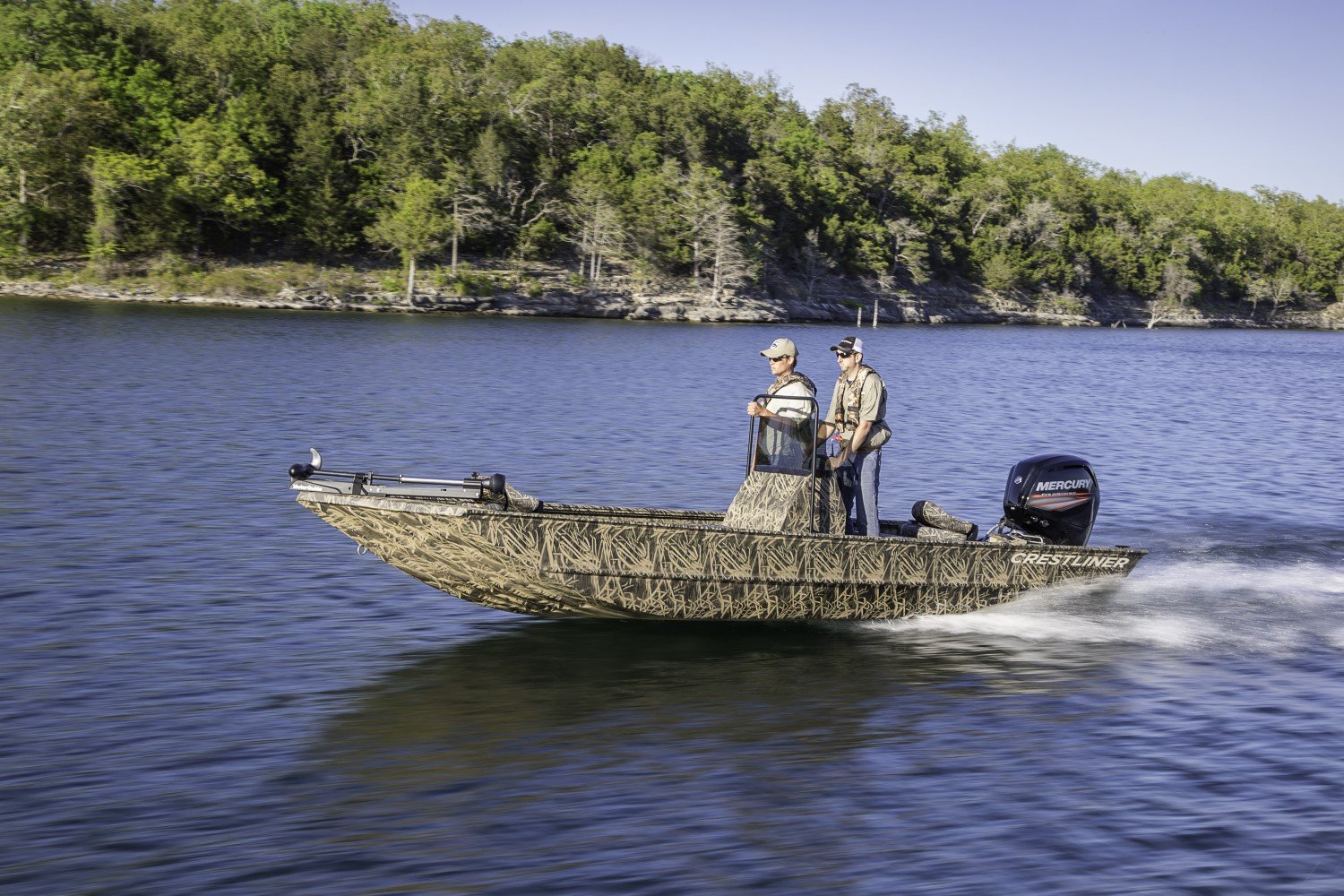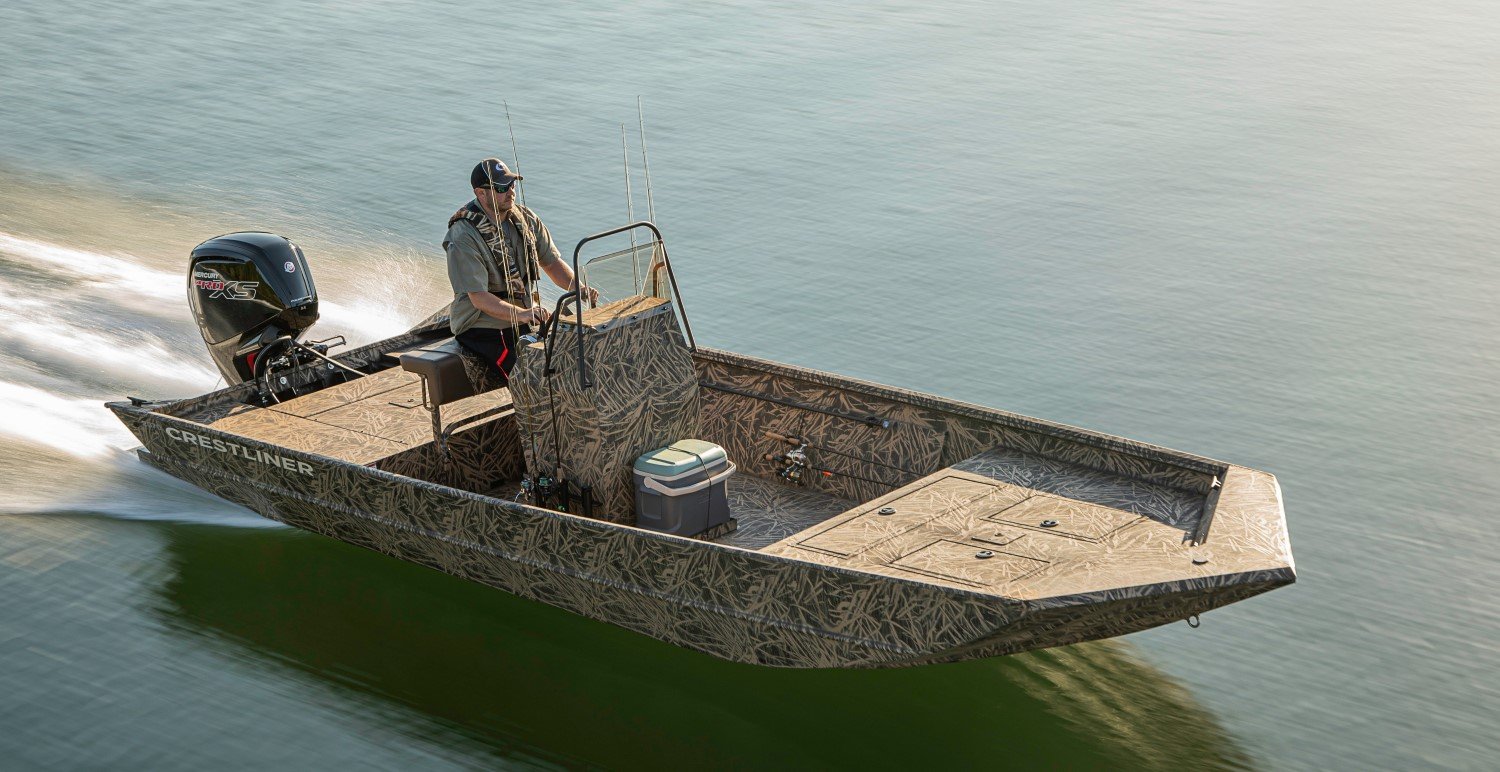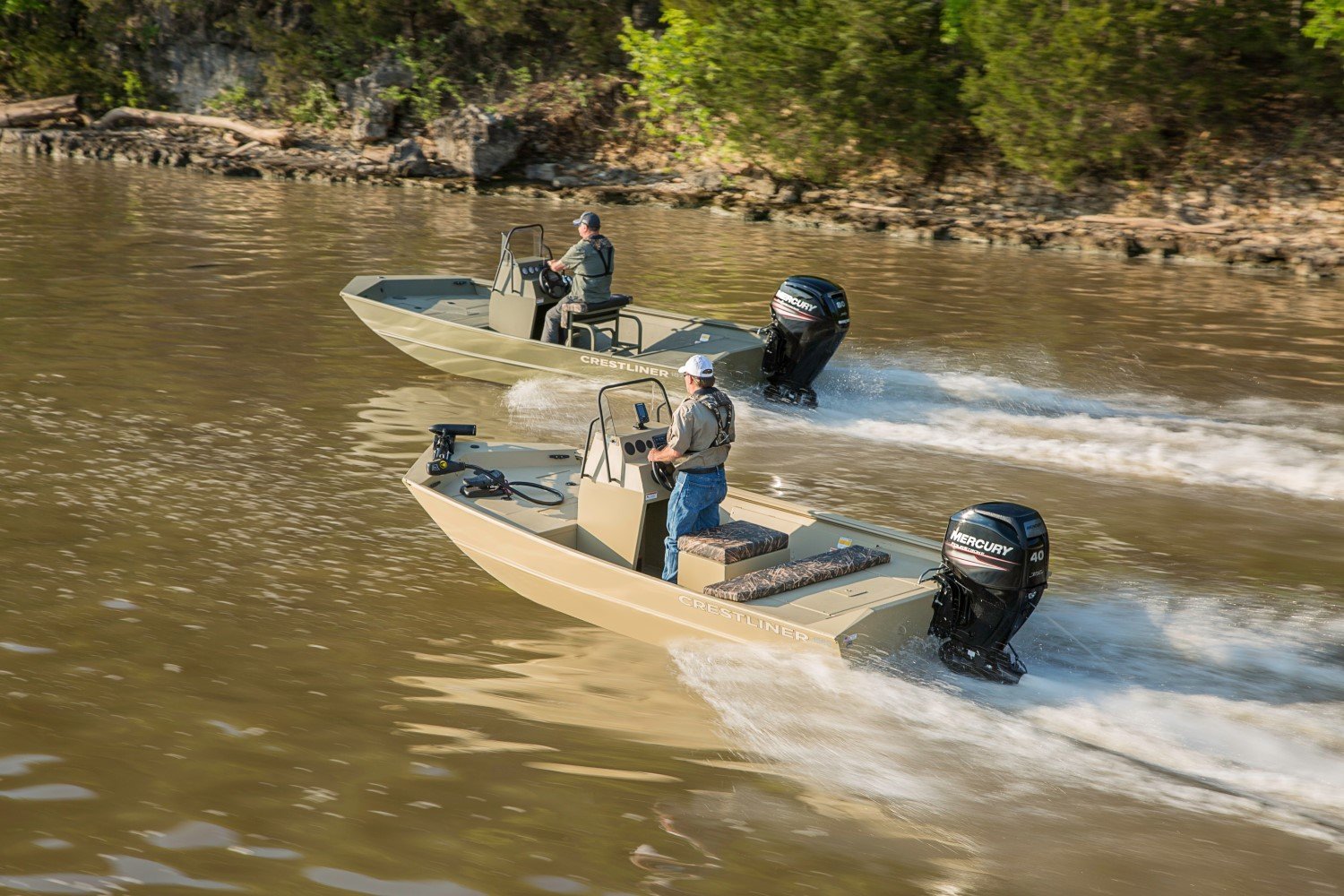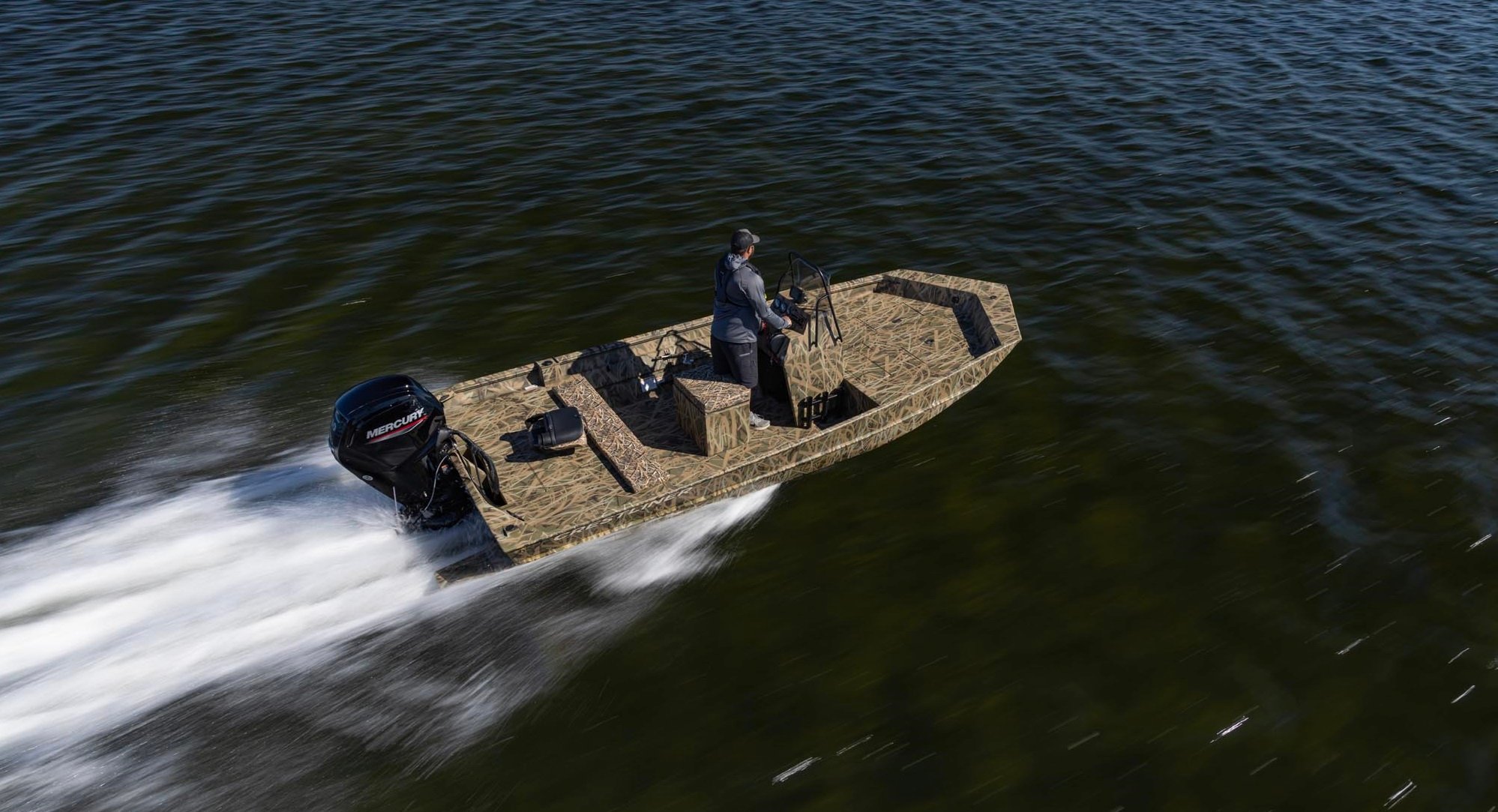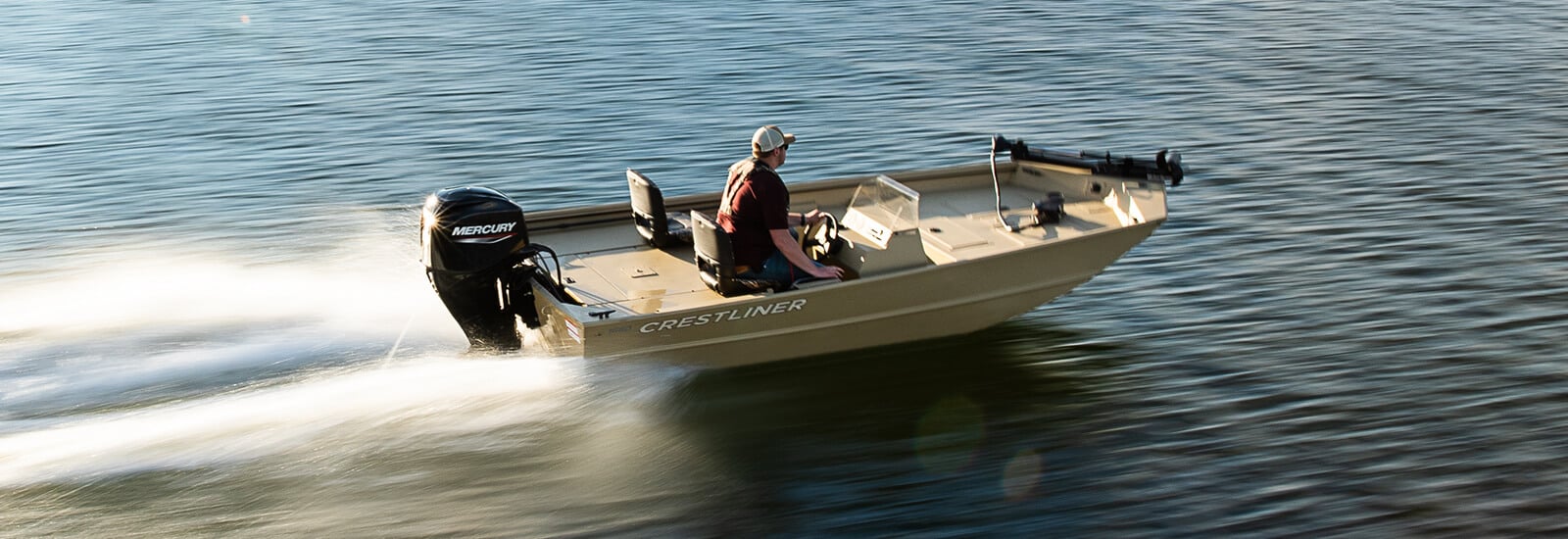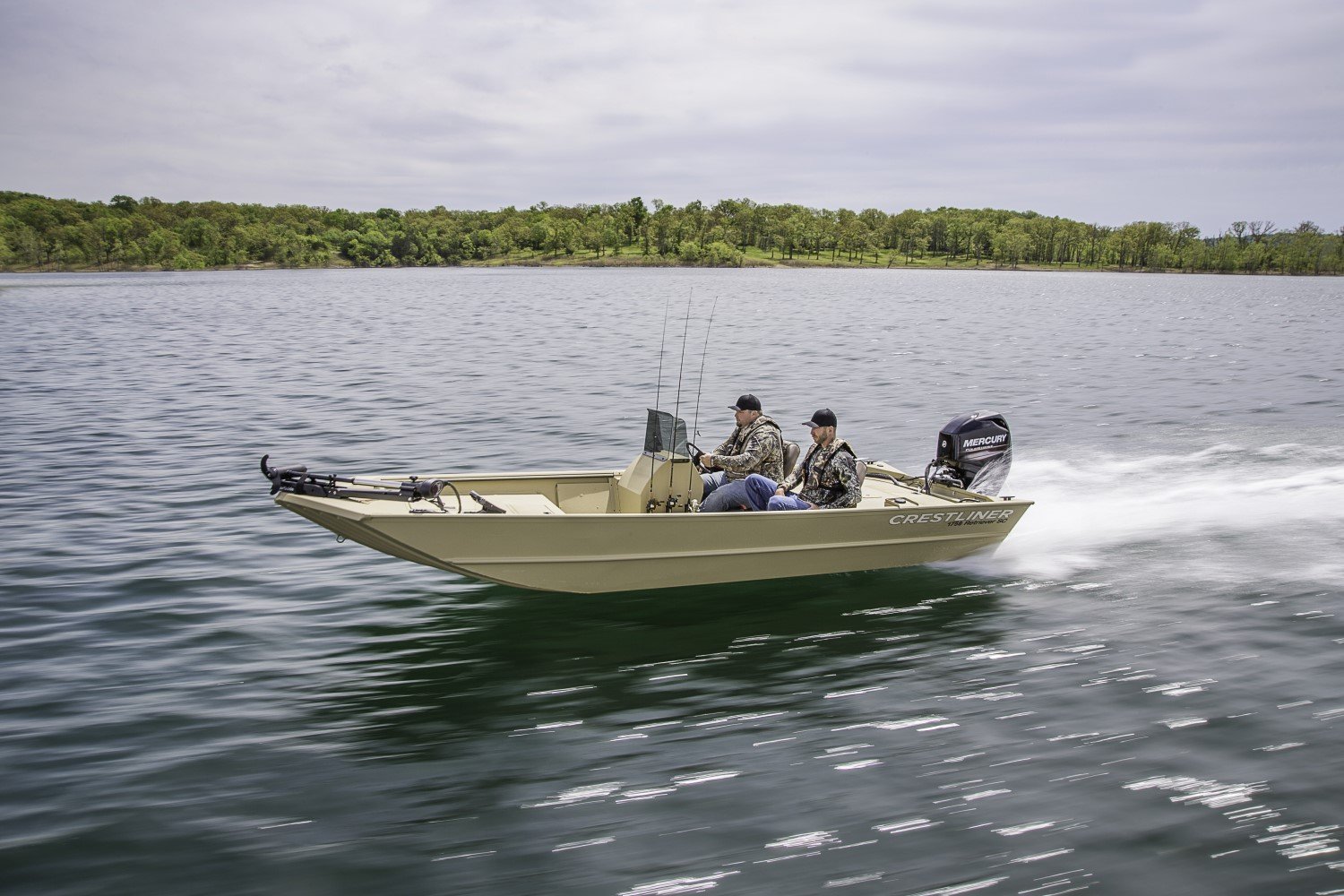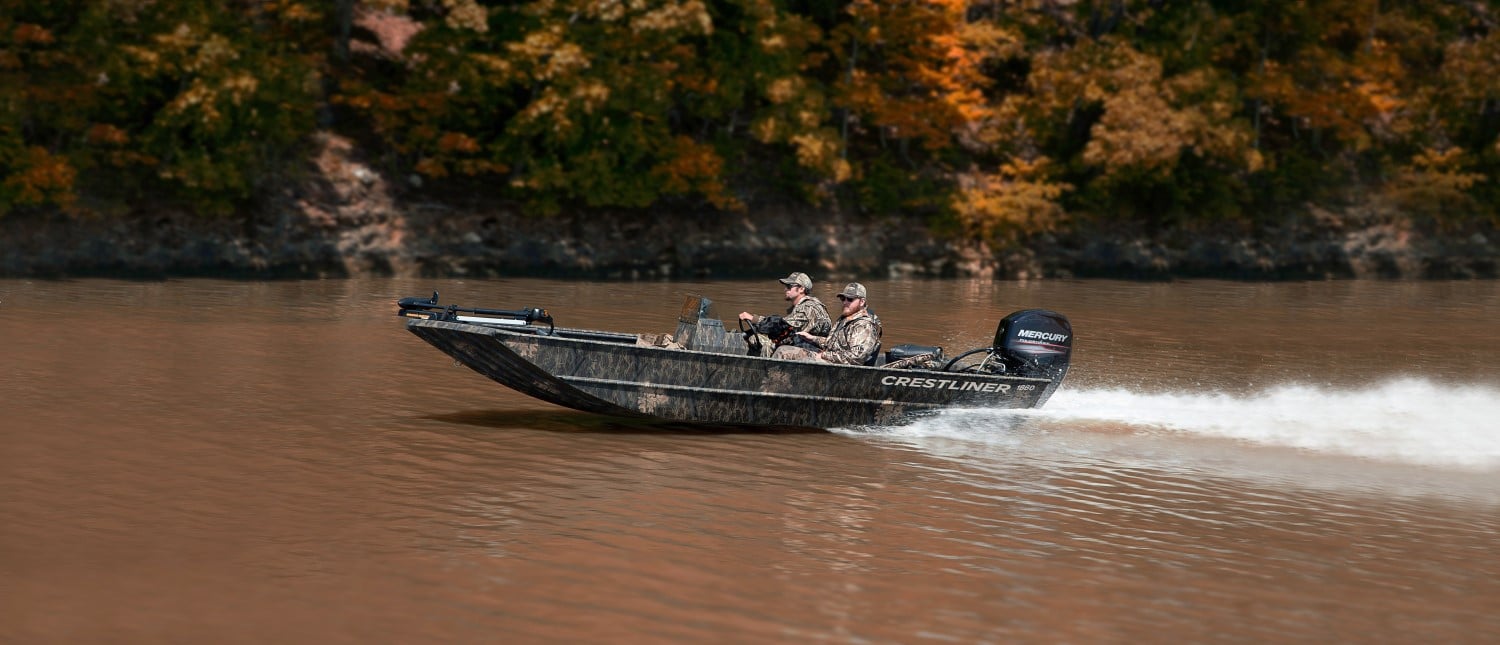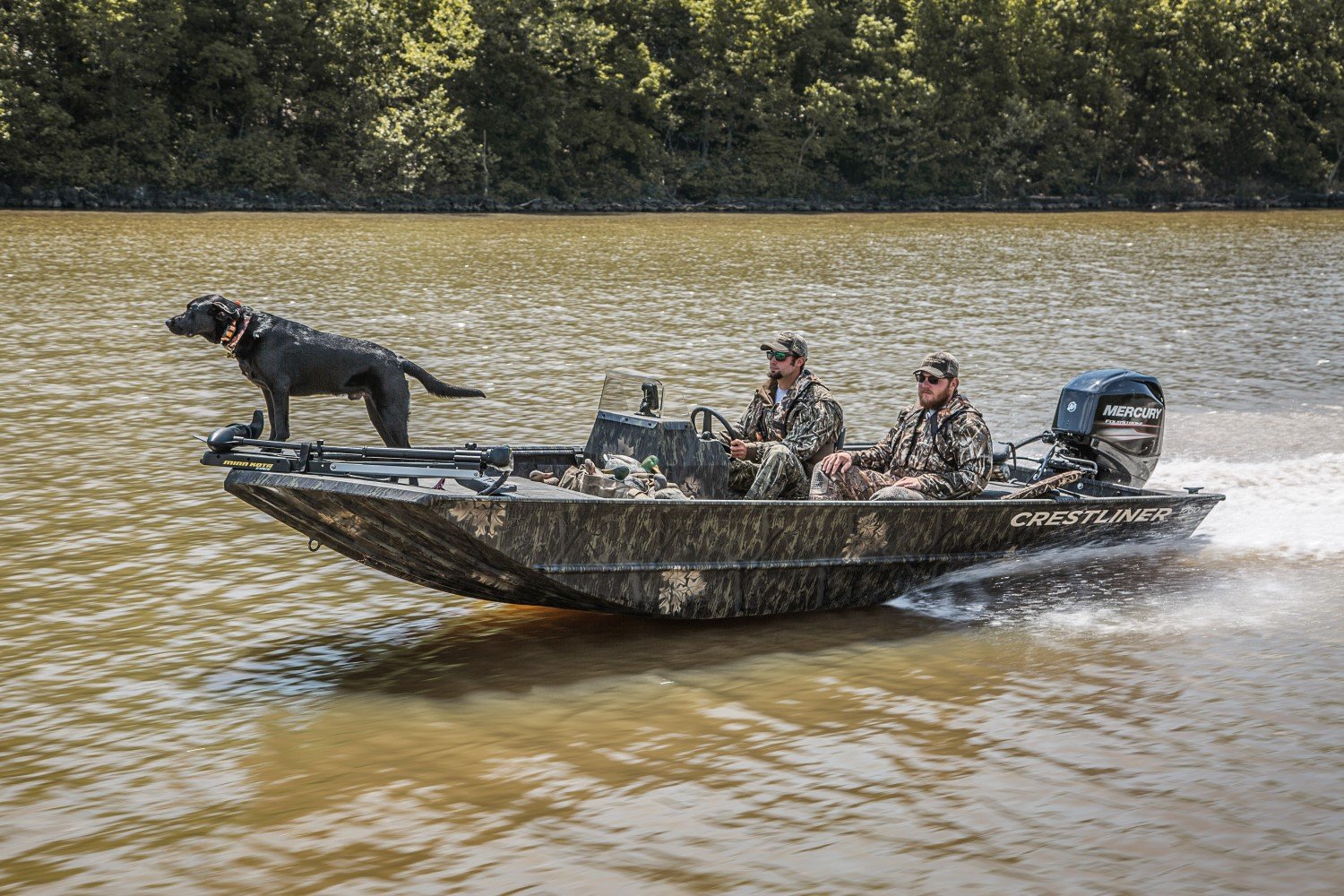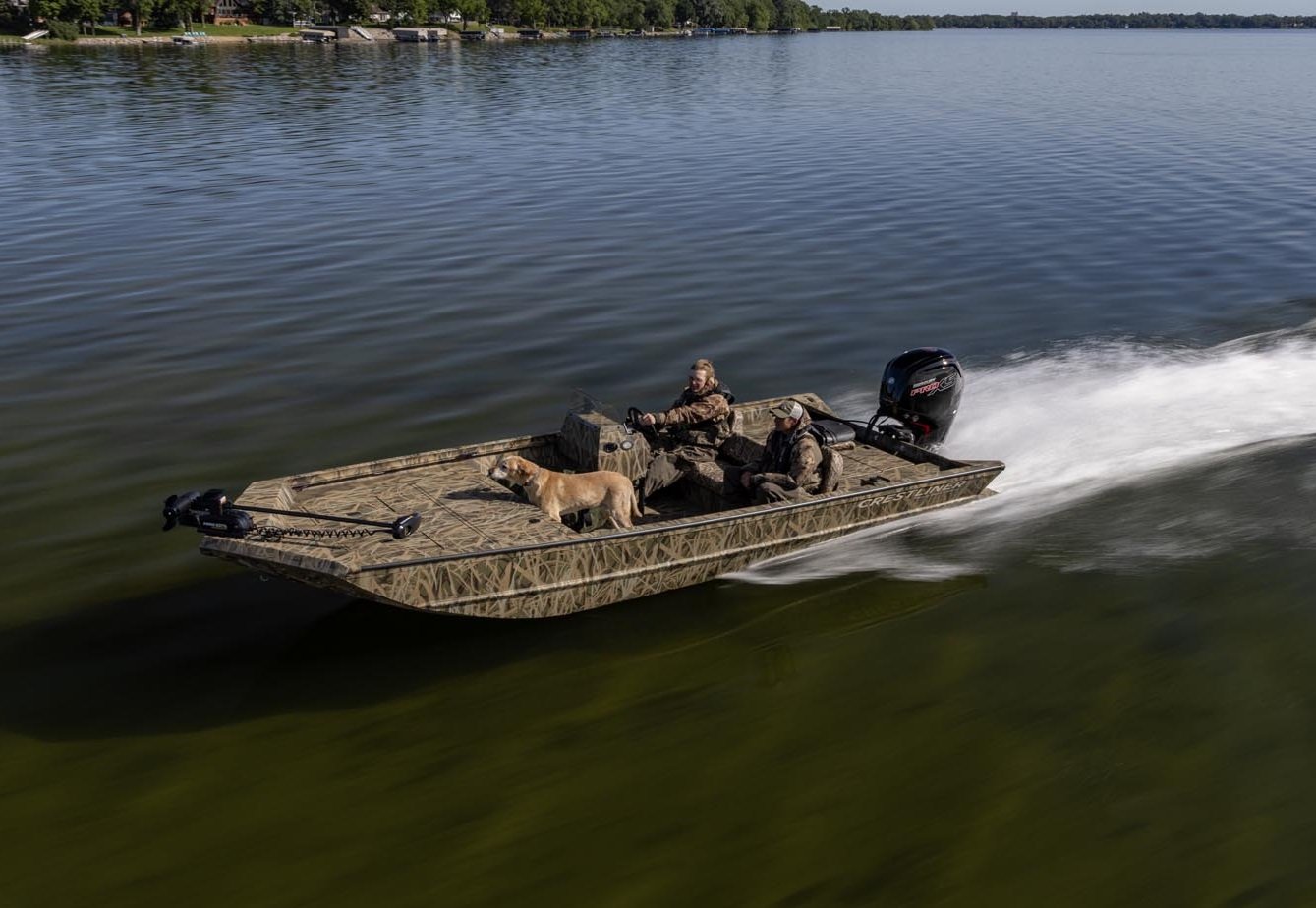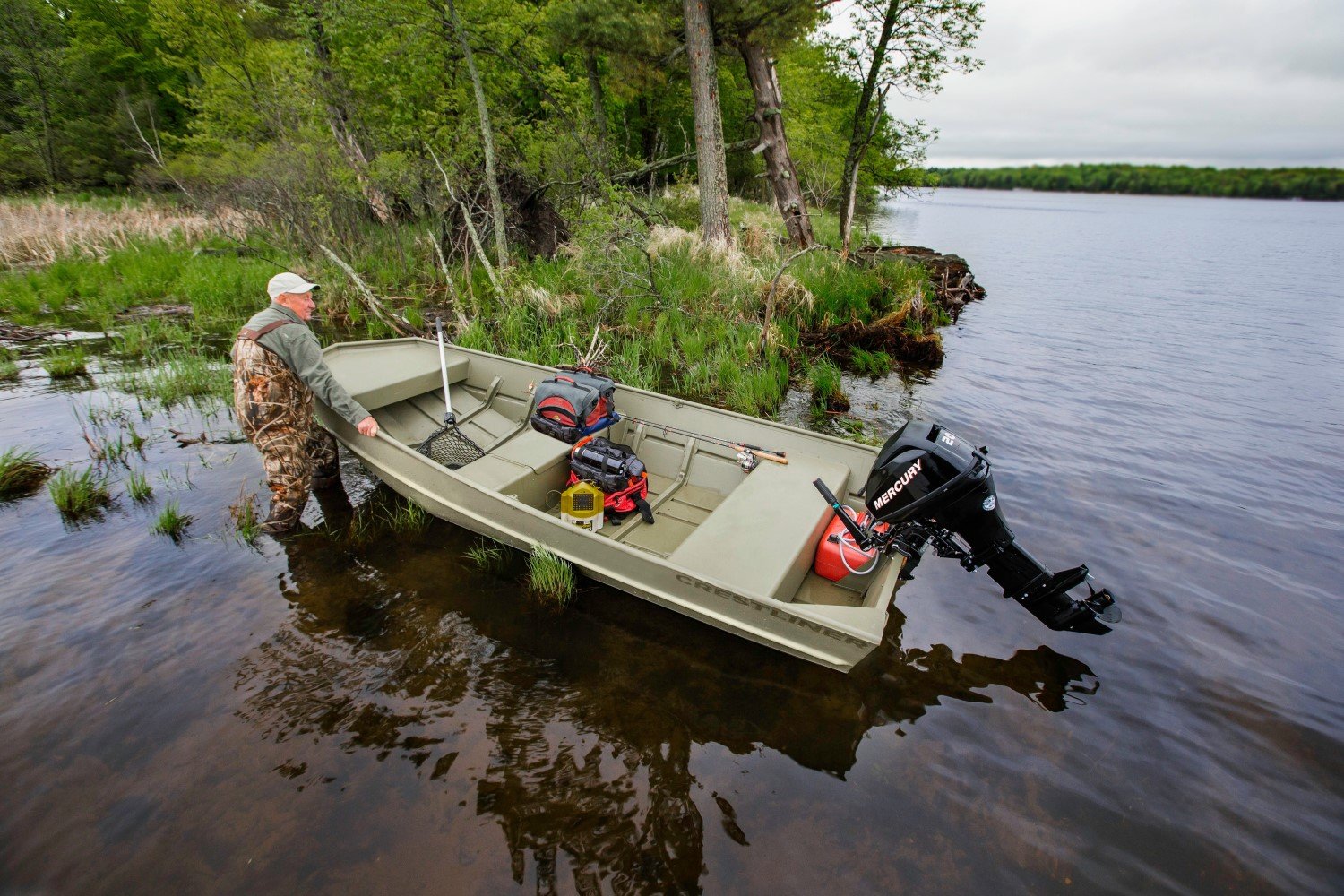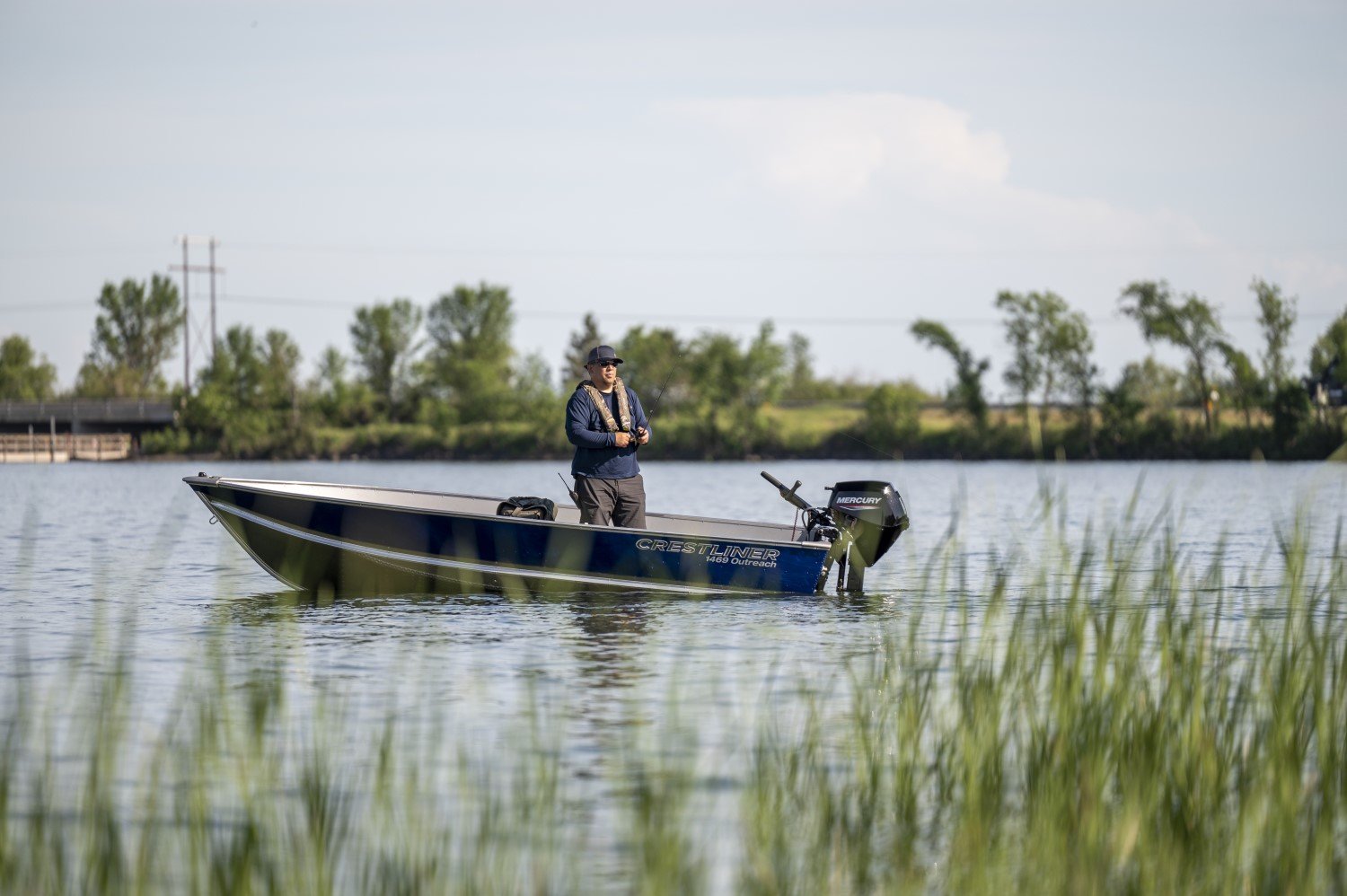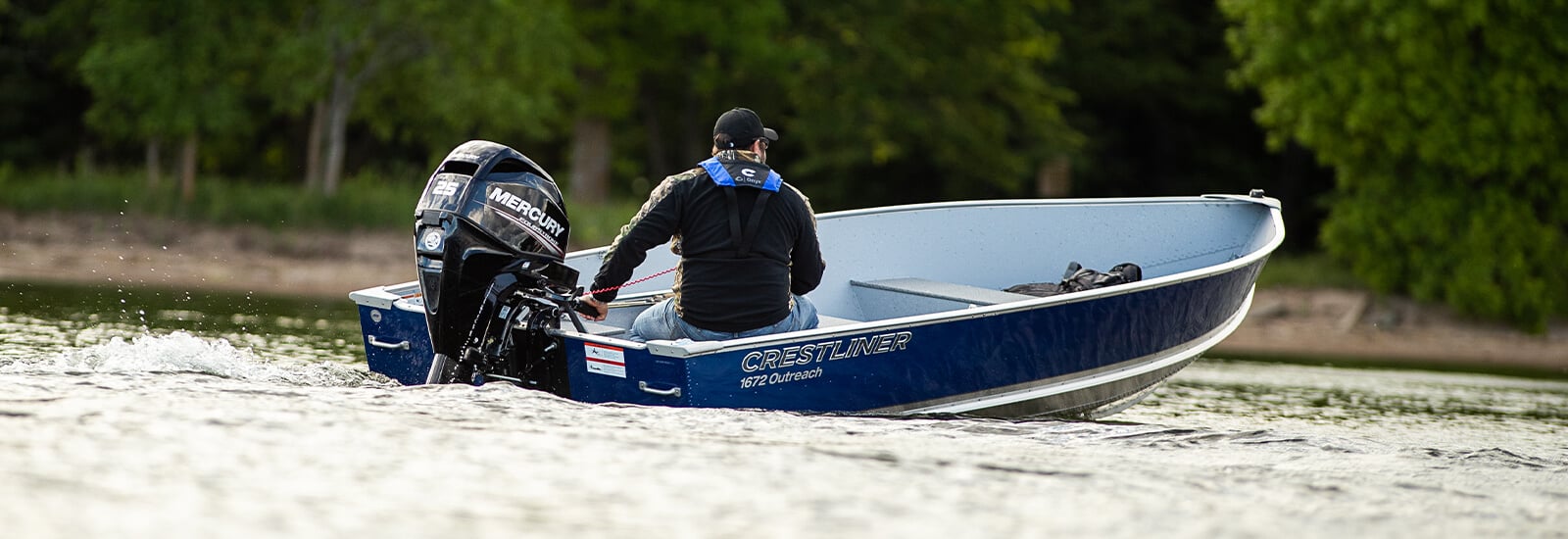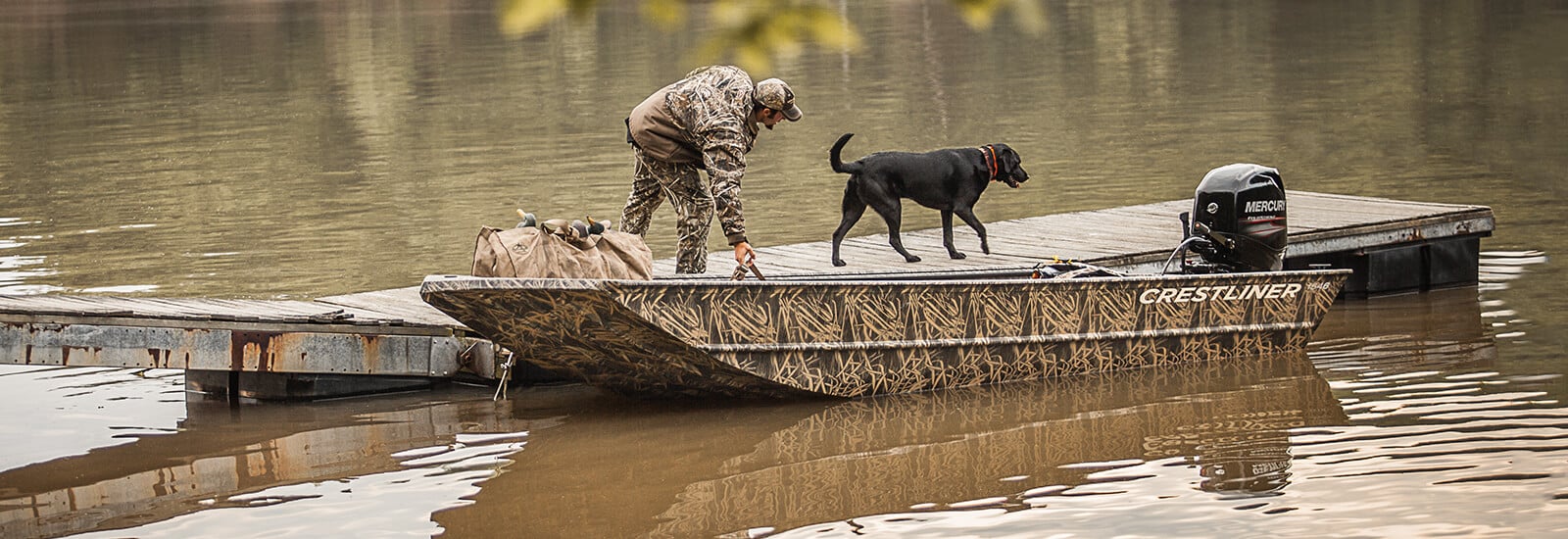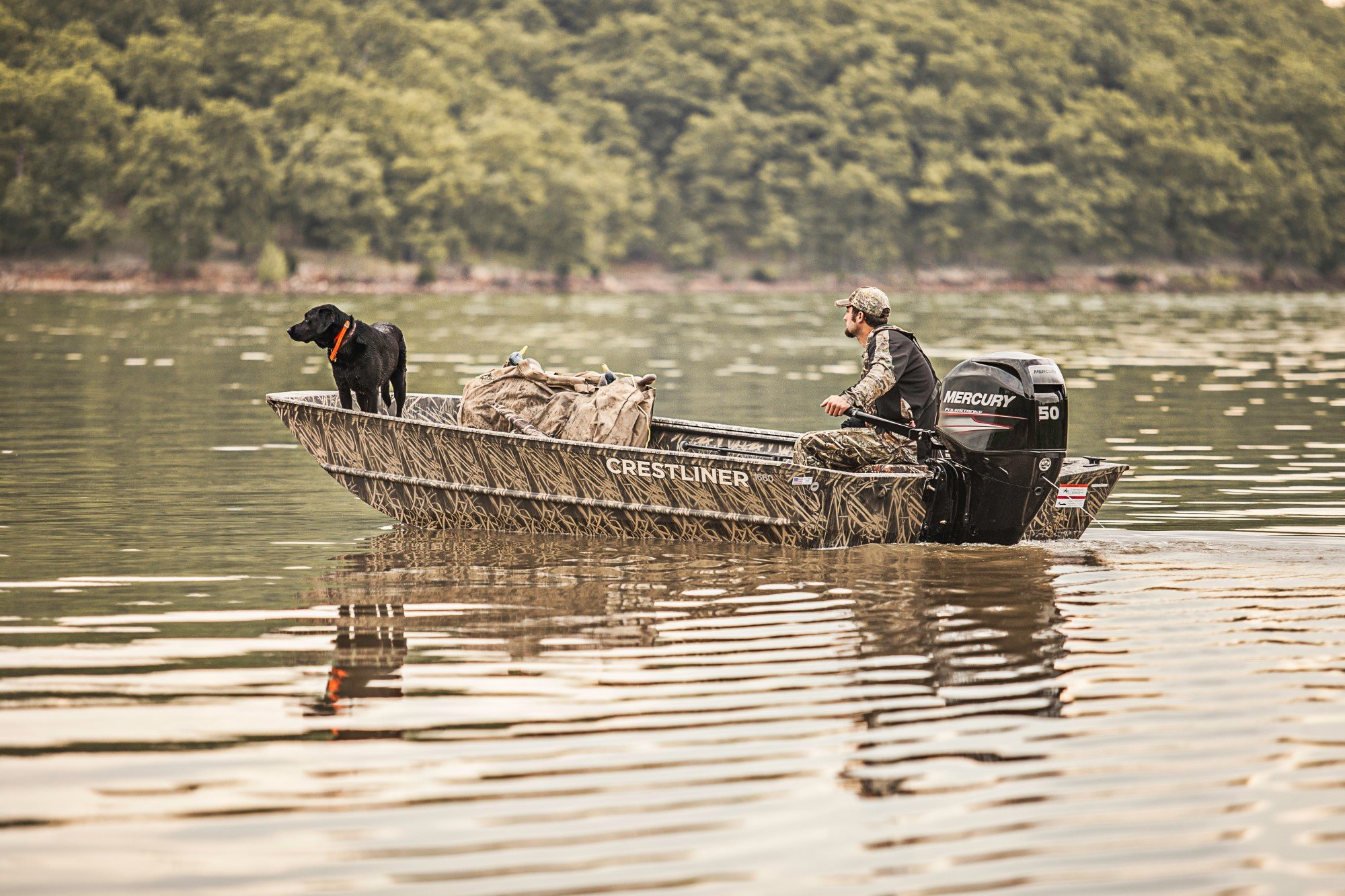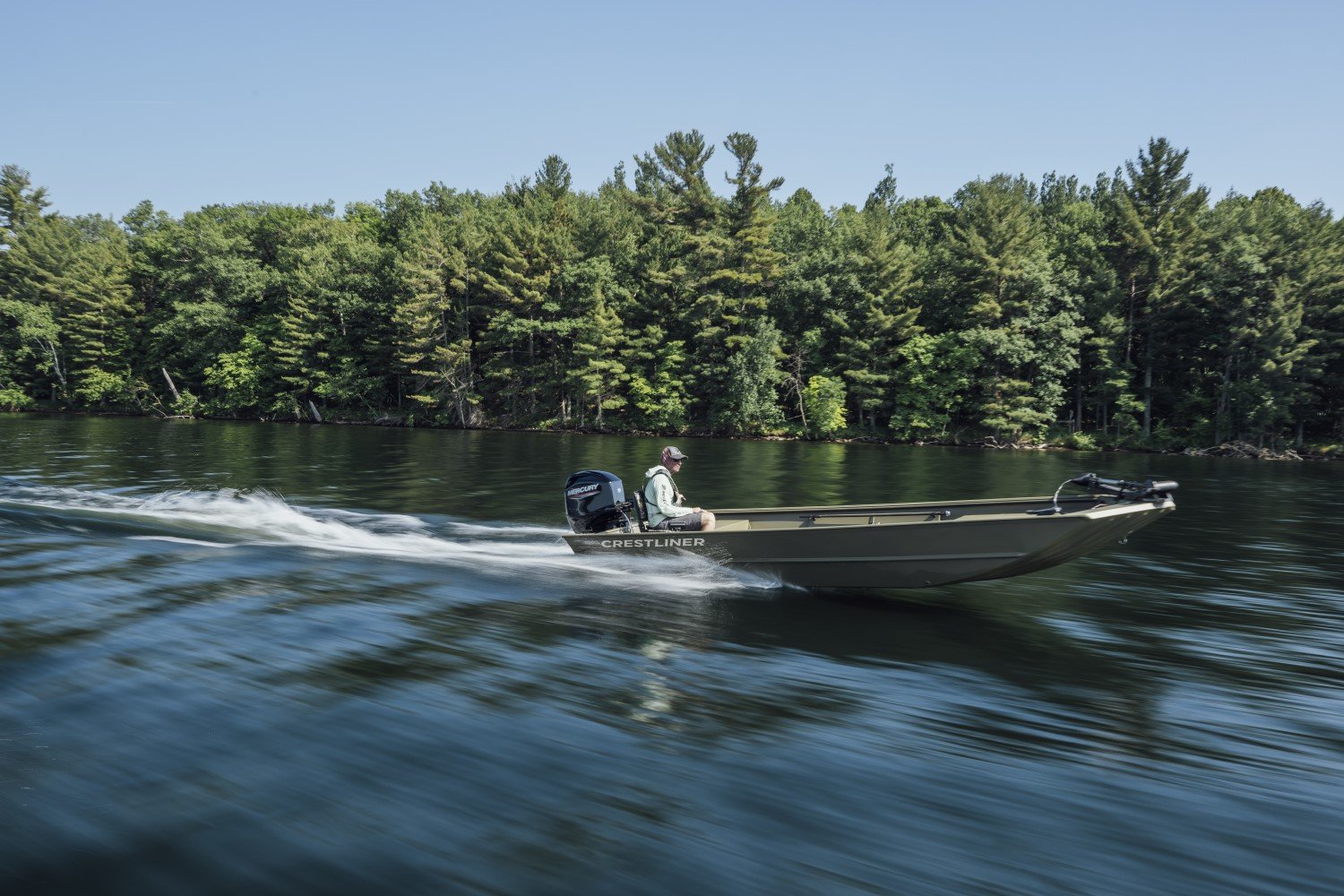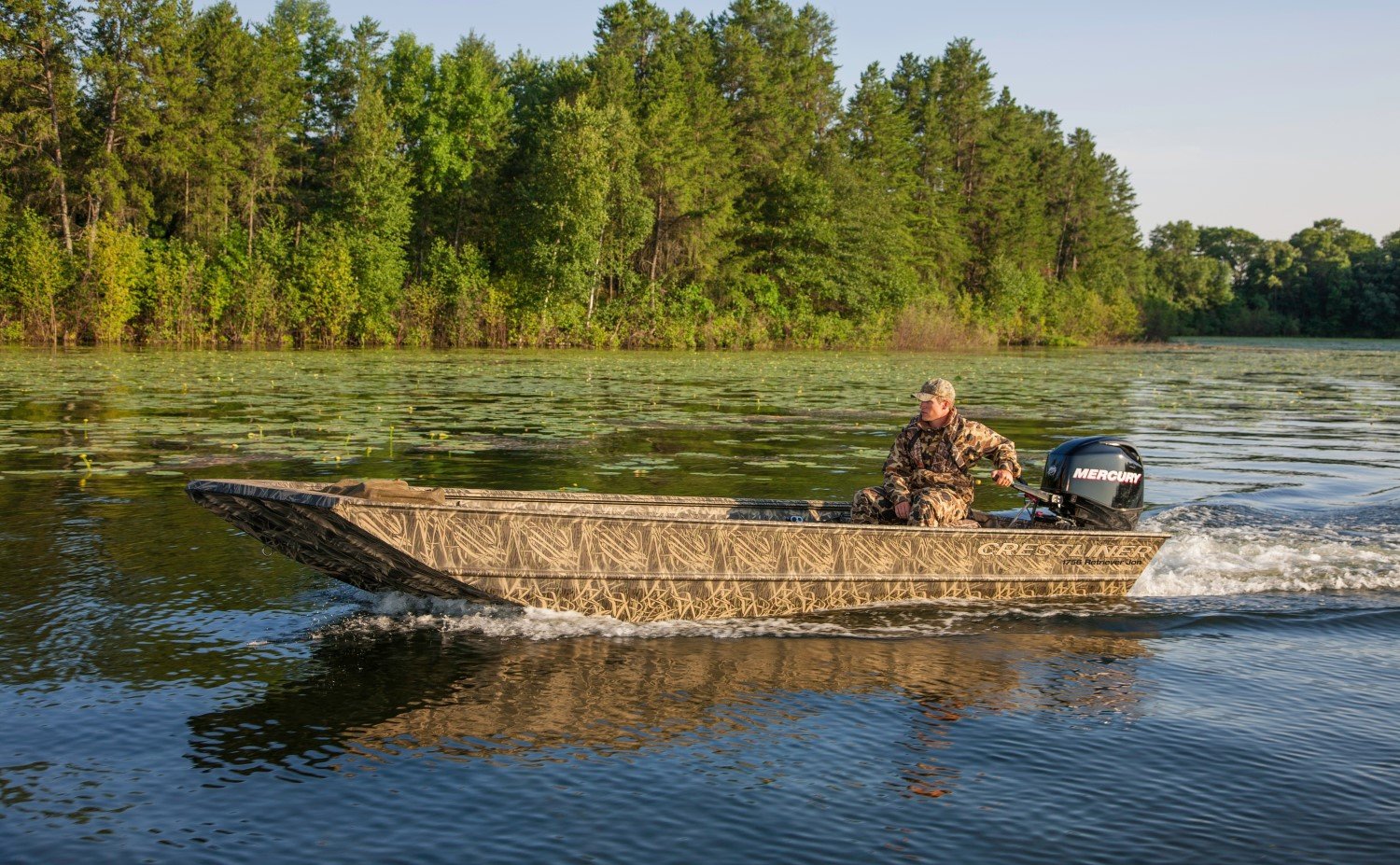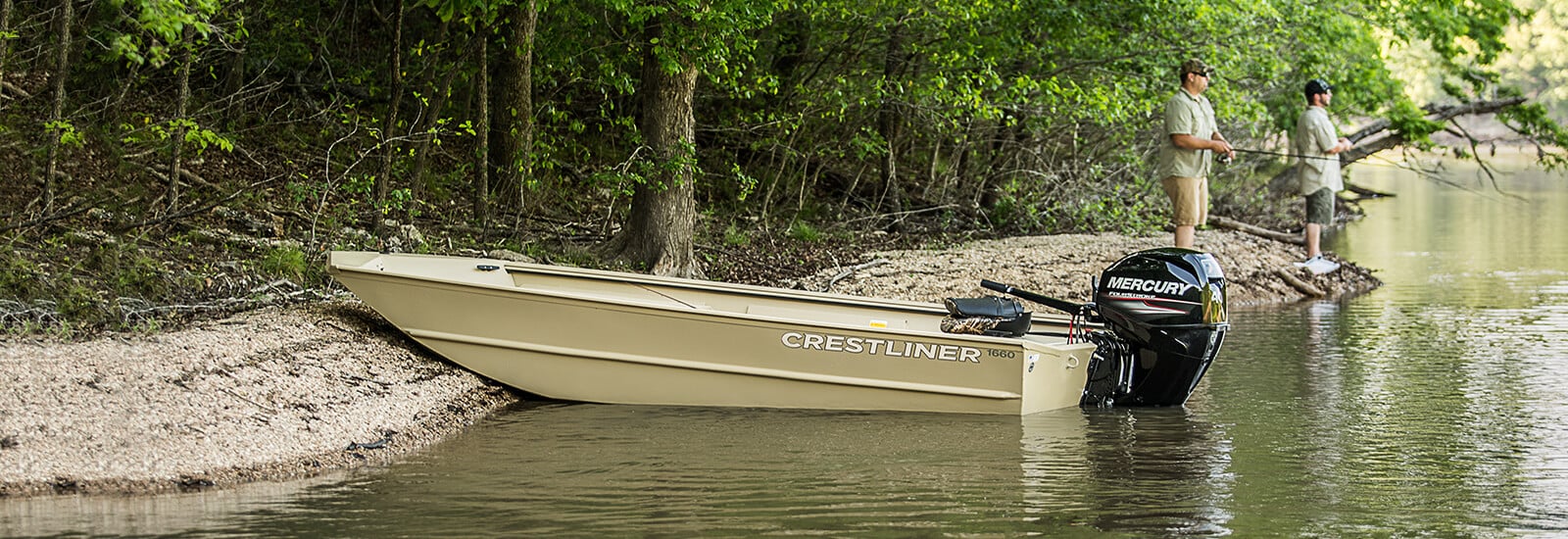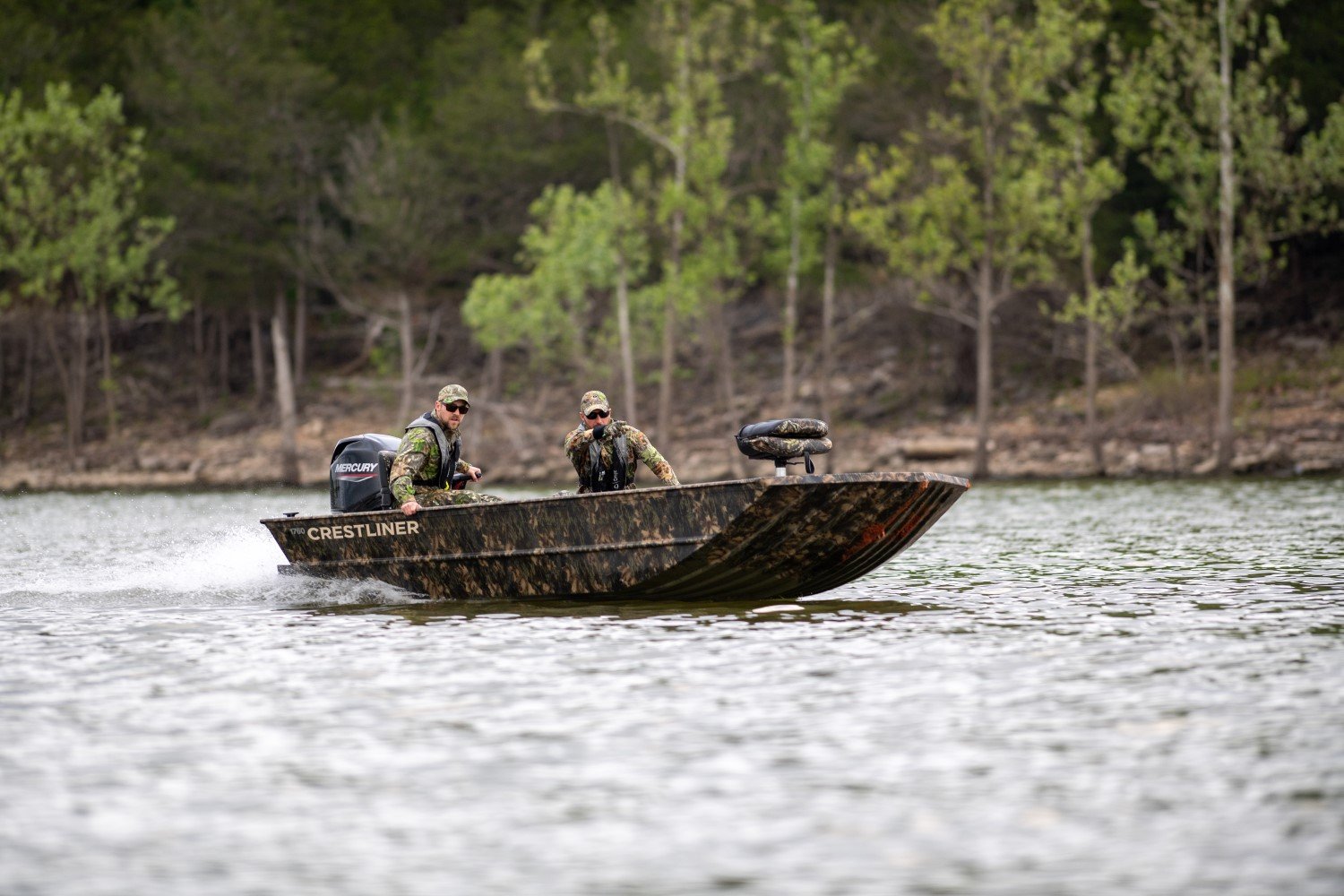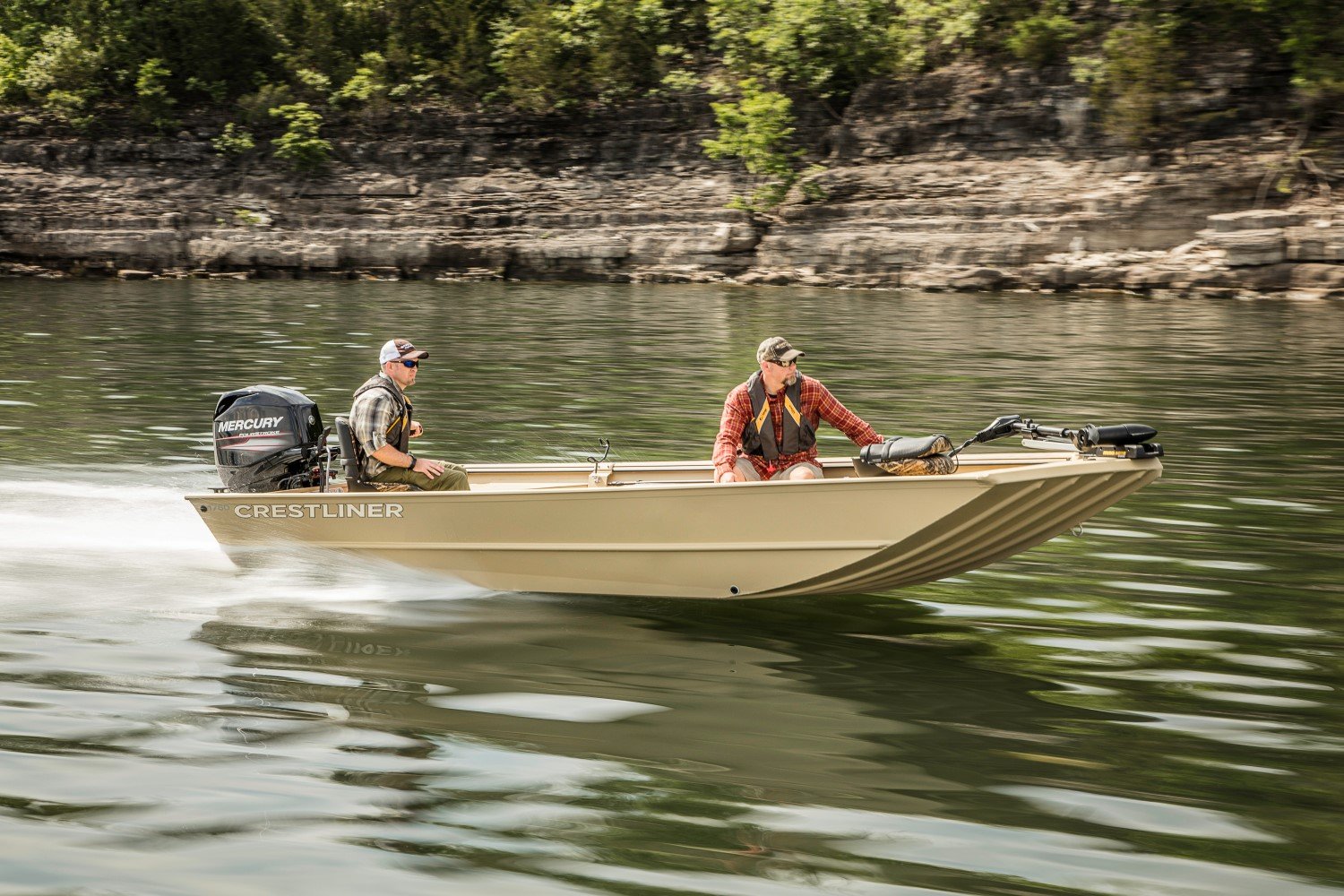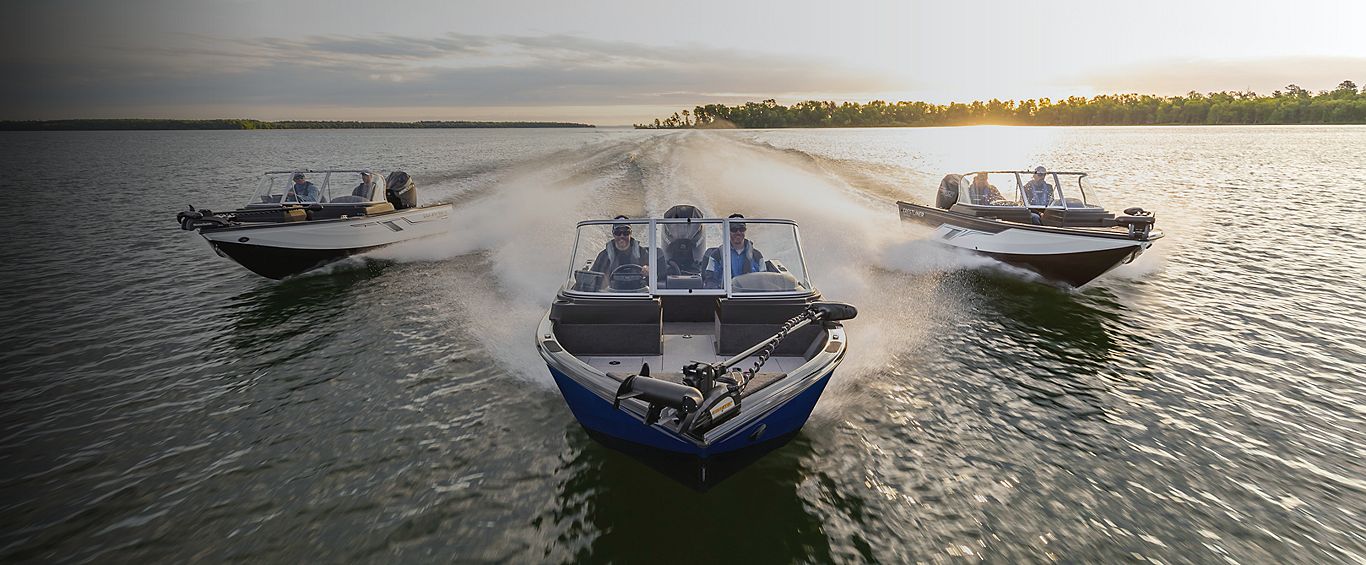
Boating provides the ability to make a lifetime of memories with loved ones, but it also comes with great responsibility. Whether you’re a well-seasoned captain or a first-time boater, there are five fundamental safety tips that everyone should understand before boarding any boat.
Tip 1: Always Wear Your Life Jacket
Wearing a life jacket is the single most important safety measure you can take when you’re on the water. The U.S. Coast Guard reported that 76% of boating deaths in 2018 were due to drowning, and that 84% of those victims were not wearing a life jacket. A properly designed life jacket will keep your head and airways above water even if you’re unconscious, so if you’re bumped out of a fast-moving boat and hit the water hard, your chances of a safe rescue are vastly improved. It is mandatory that children wear life jackets at all times, but there should also be one on board for every person in the boat.
Choosing the right life jacket is important, too. Here are some quick tips to help you select the perfect one:
1. Check the label or stamp to confirm the flotation device is Coast Guard approved.
2. Verify that the life jacket is appropriate for your size and weight.
3. Make sure the fit is right. It should fit snugly; if it is too loose it will not provide proper flotation.
4. Select the proper type based on activity or boating conditions.
5. Check the life jacket’s condition for defects before each outing. Additionally, make sure you occasionally check the buoyancy in your life jacket by wading into chest deep water, bending your knees and floating on your back.
Tip 2: Never Drink and Boat
Operating a boat while intoxicated is illegal and is the leading contributor to boating accidents. If drinking will be a part of your day on the water, it’s important to appoint a designated “sober skipper” before leaving the dock.
Tip 3: Be Aware of Your Surroundings
One of the first lessons you learn before taking the helm is that boats don’t have brakes—which means you have to be aware of a much larger area around you than when you’re driving an automobile. Not only do you have to control your own boat, but you may have to take evasive maneuvers in case other boaters aren’t as careful as you. When you have people in the water, situational awareness becomes even more critical. Additionally, it’s important to stay aware of where your outboard or sterndrive propeller is in relationship to swimmers.
Keeping on top of your boating skills is always a good idea. Boat and motor technologies are constantly evolving, so there’s always something new to learn. Free boater education resources are available at boatus.org.
Tip 4: Don't Overload Your Vessel
Know both the maximum person and total weight capacity of your boat—this information can be found on a decal inside every boat, which is required by the U.S. Coast Guard.
Take into consideration all the items you and your guest may be bringing onboard for the day. If everyone in the crew brings 40-pounds of gear, weight limits can be exceeded quickly, resulting at best in sluggish performance, and at worst in a capsized boat.
Tip 5: Be Aware of Weather
Before you go out on the water, check your local forecast. Rain can be inconvenient, but wind and lightning can be deadly. All boaters should always know the safest path back to the marina in case bad weather occurs, and be ready to help others that are in peril on the water.
Anyone that’s spent time on the water knows that it comes with a feeling like no other—but a wonderful day can quickly turn into a nightmare because of a few careless mistakes. Remember, it’s up to everyone on board to ensure that each adventure on the water is as safe as possible.
Start your boating journey today.
Build My Boat

